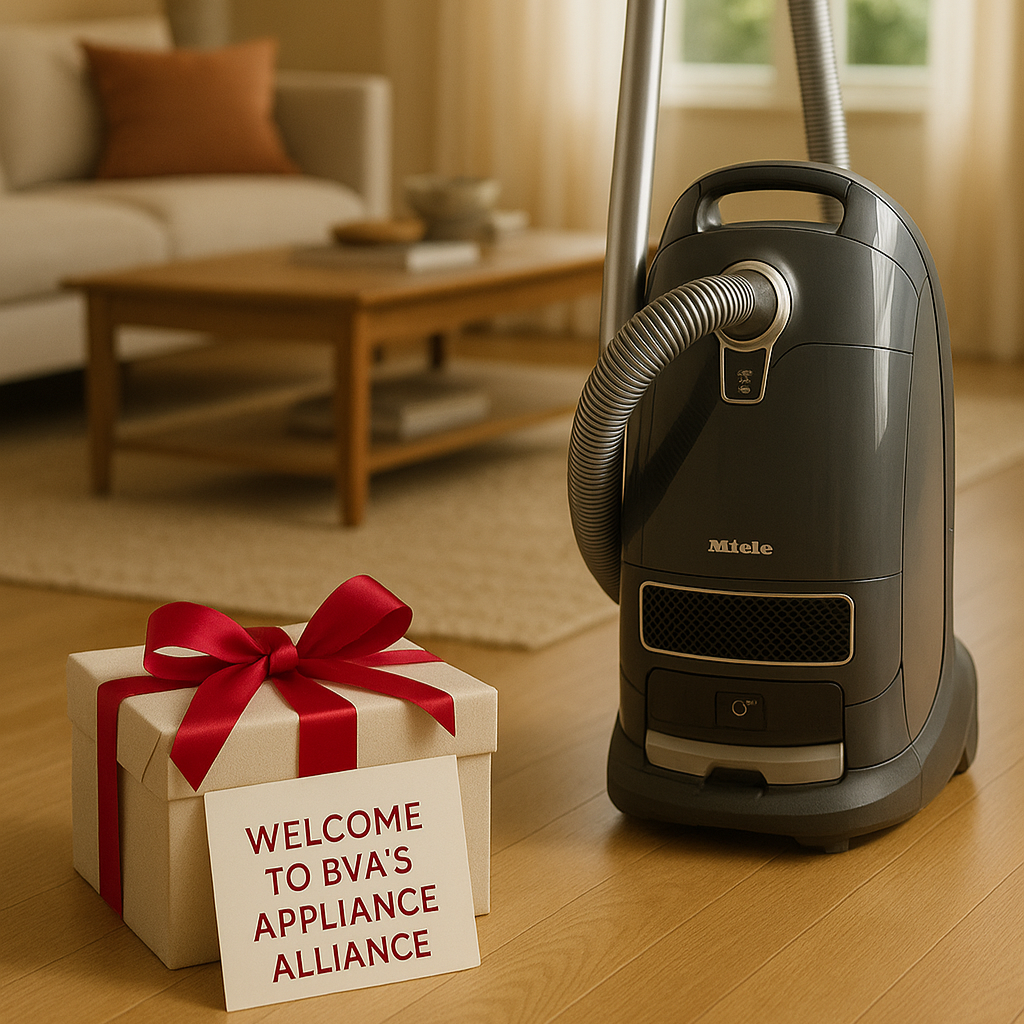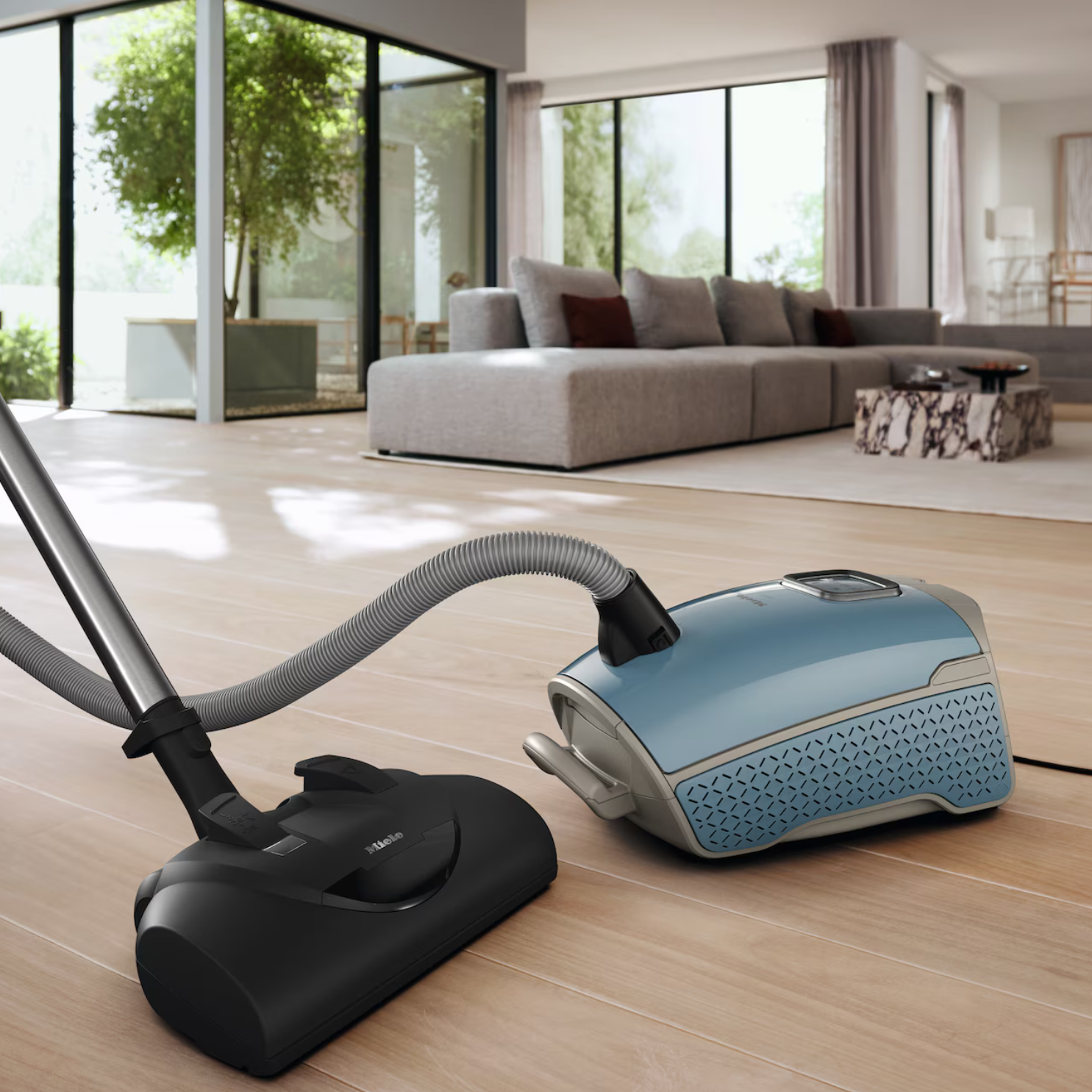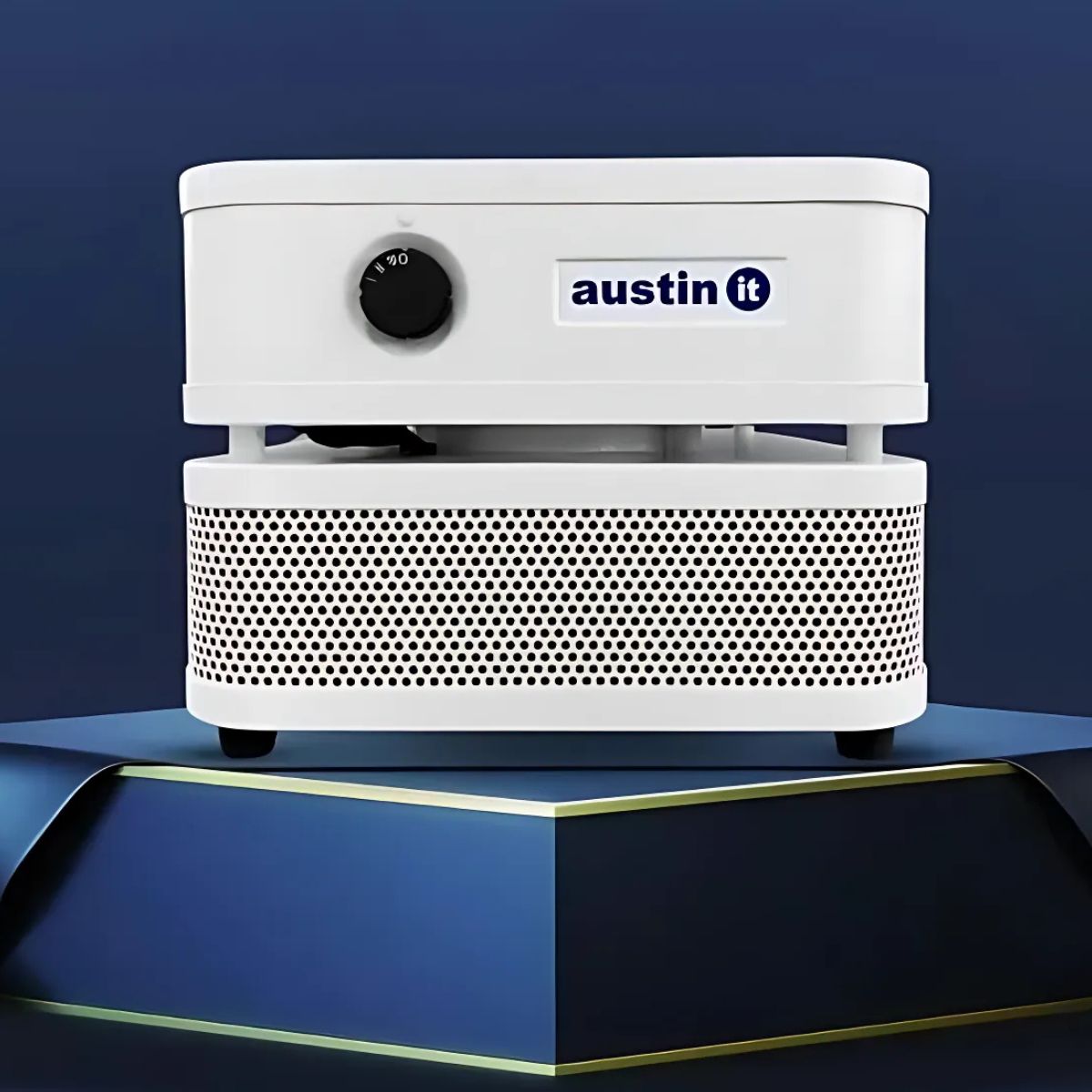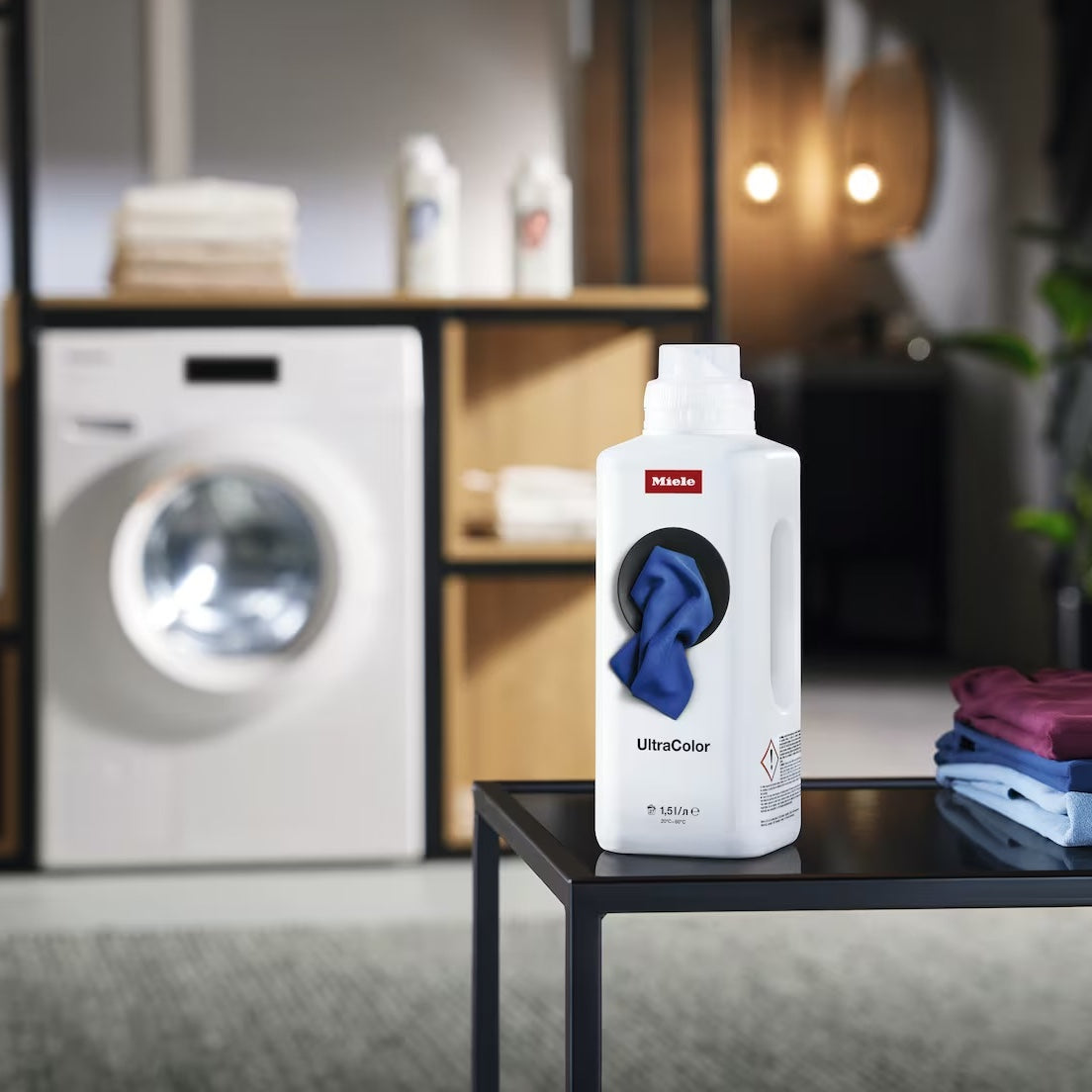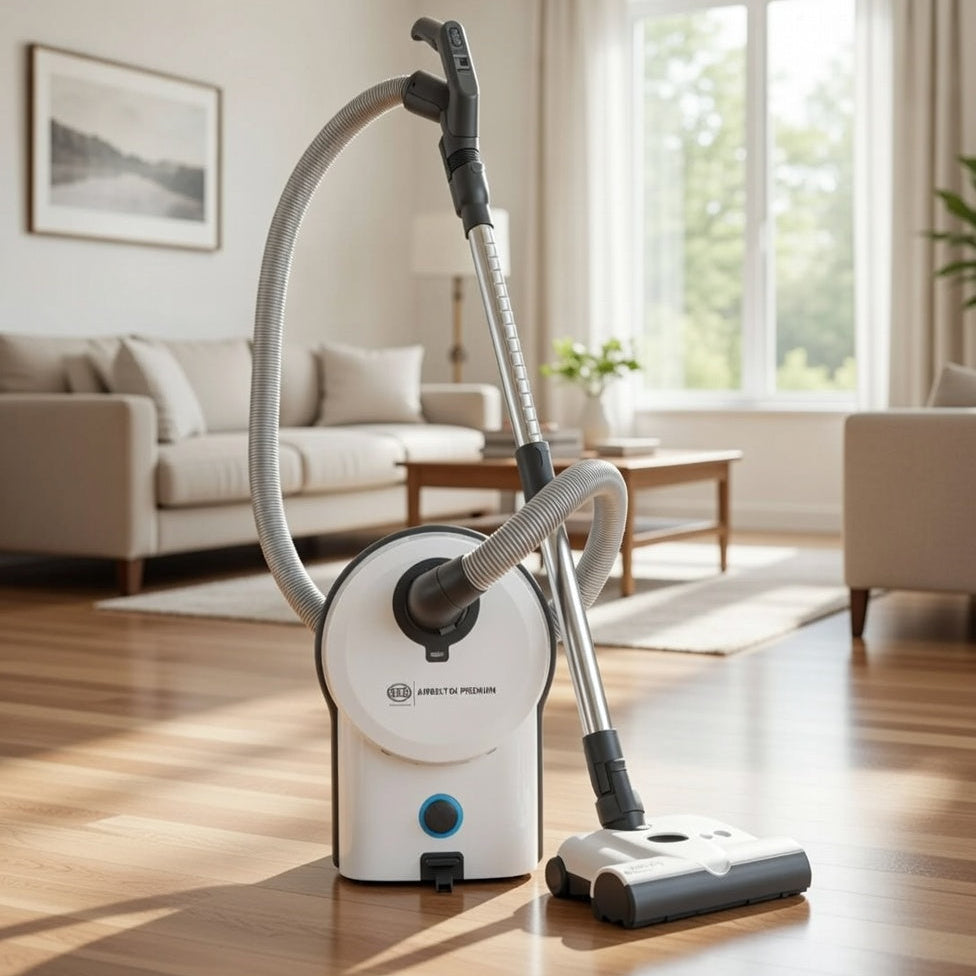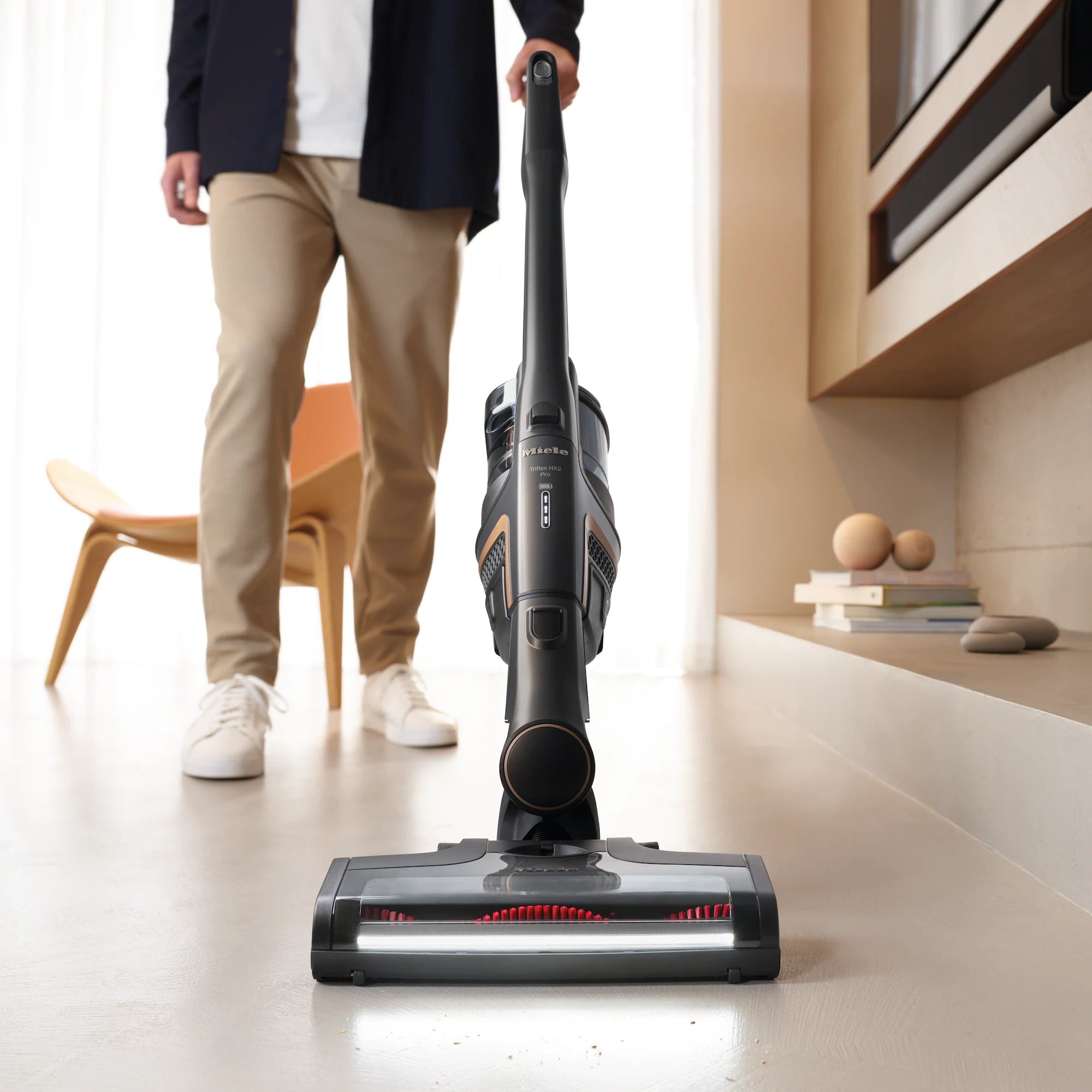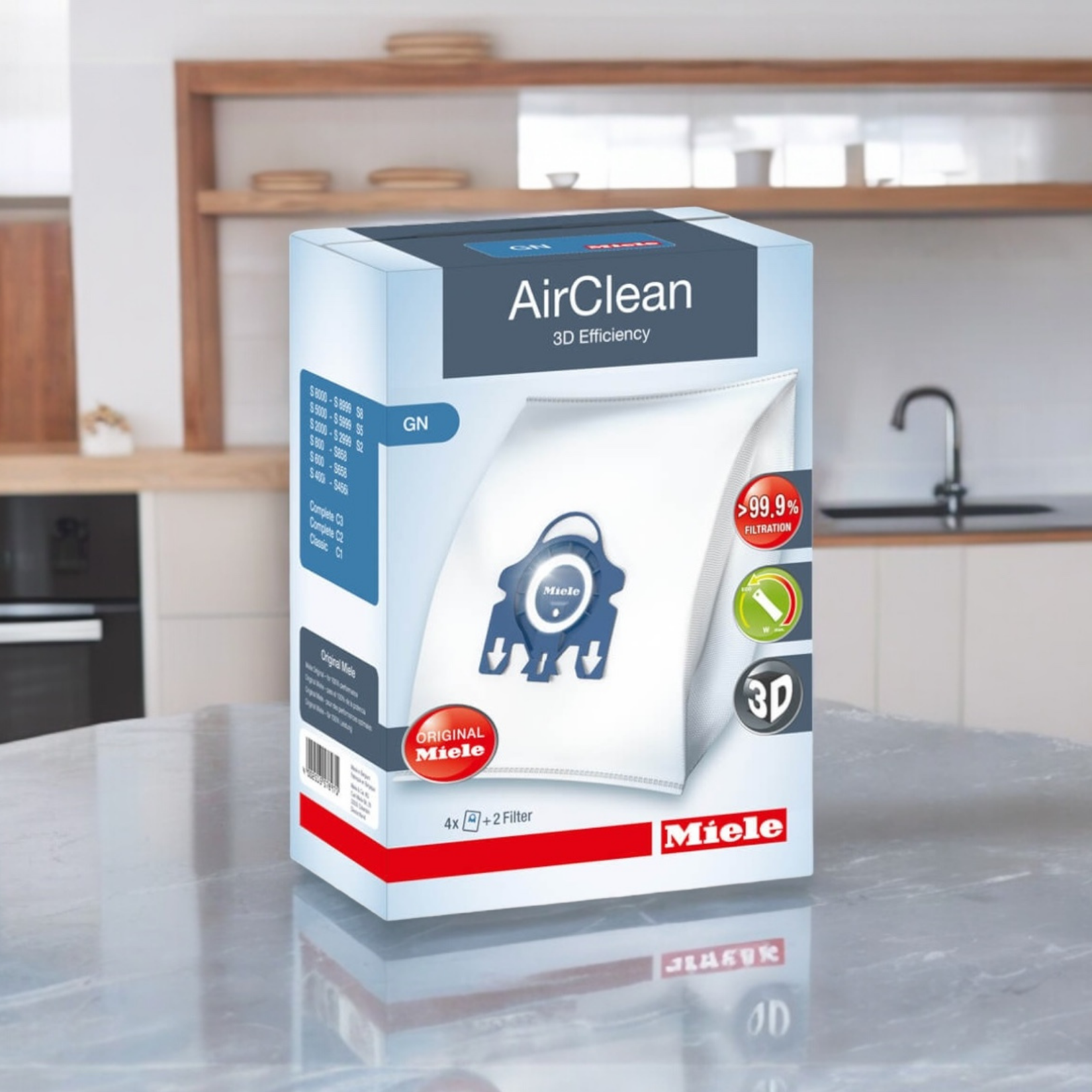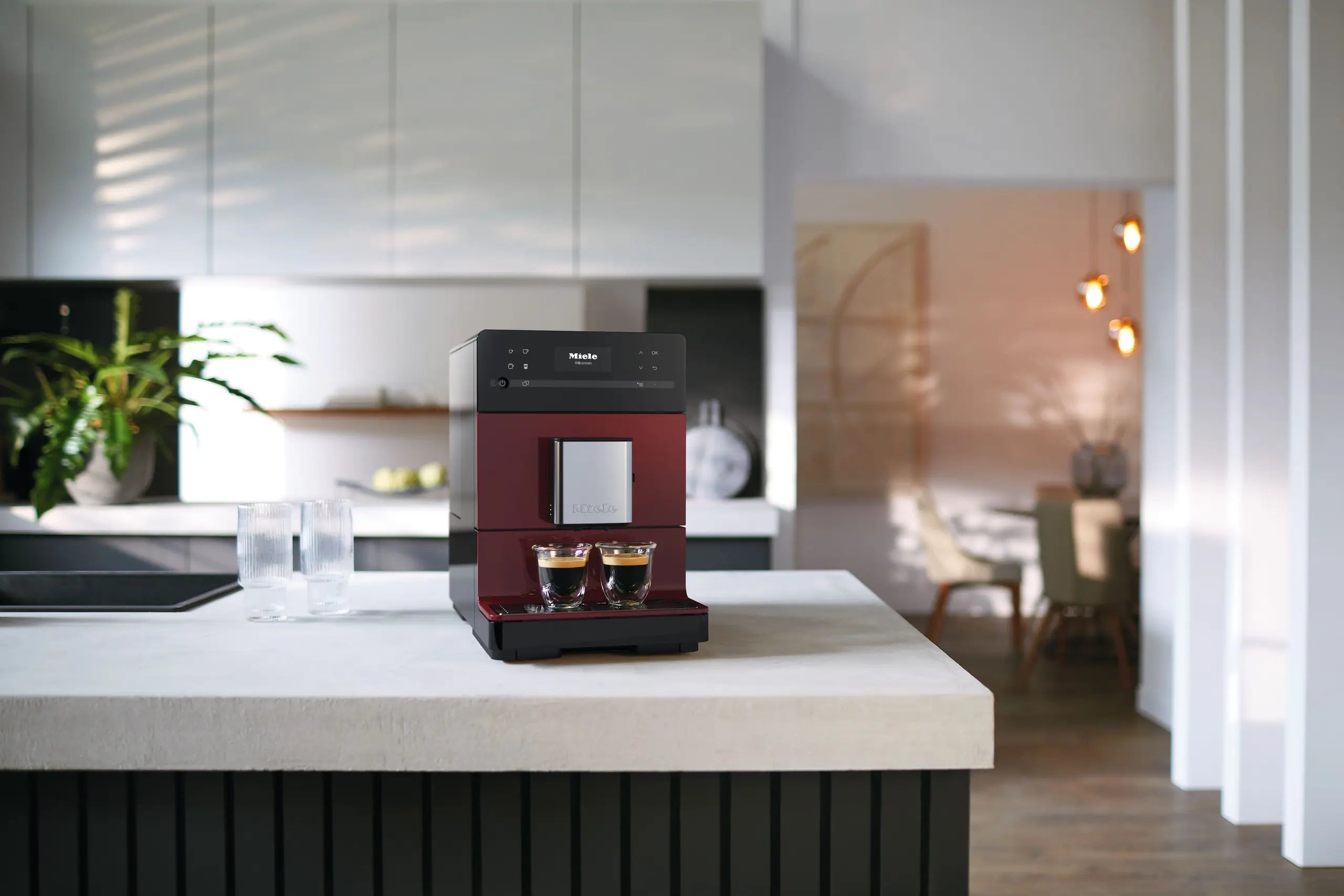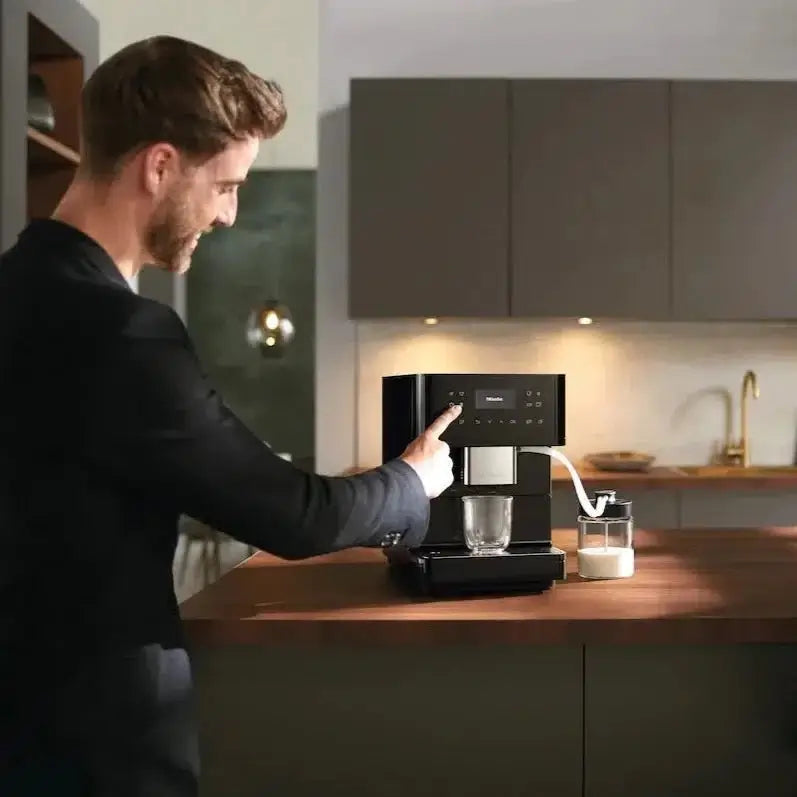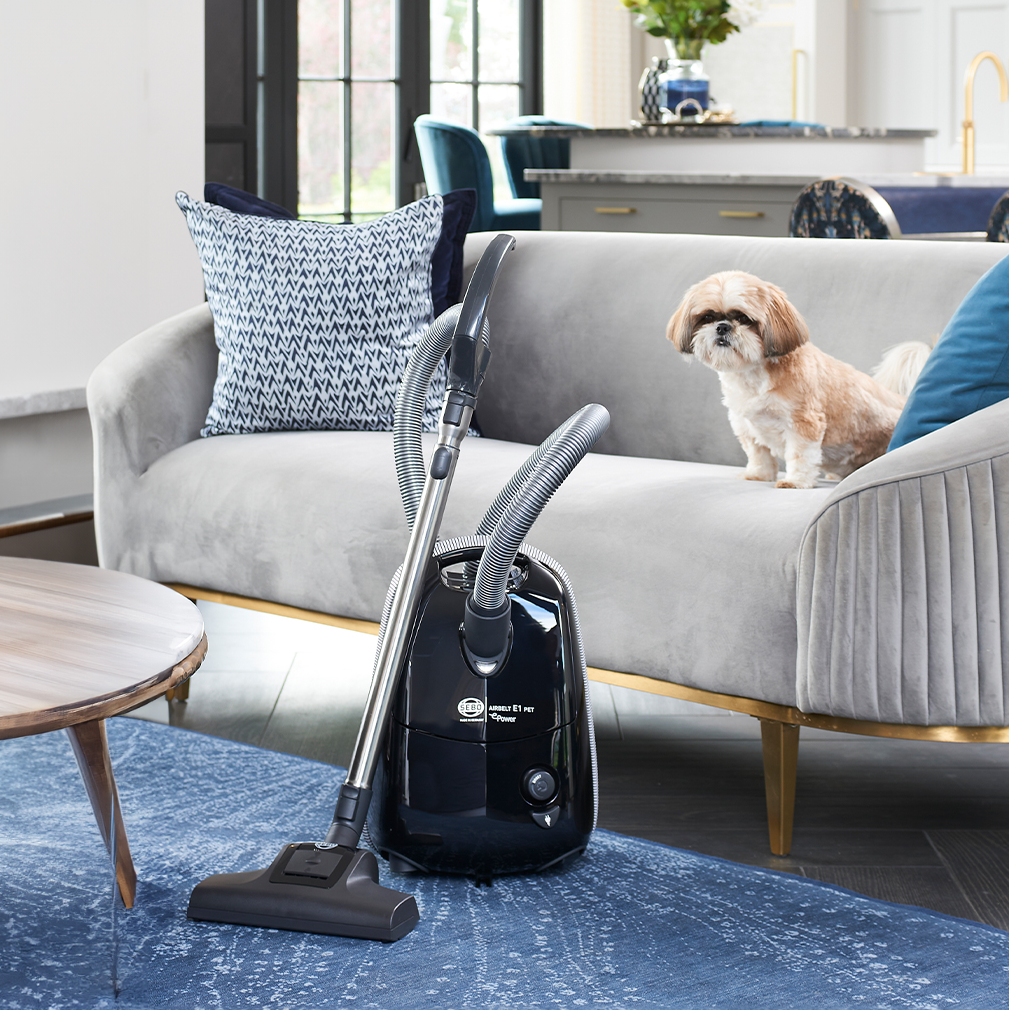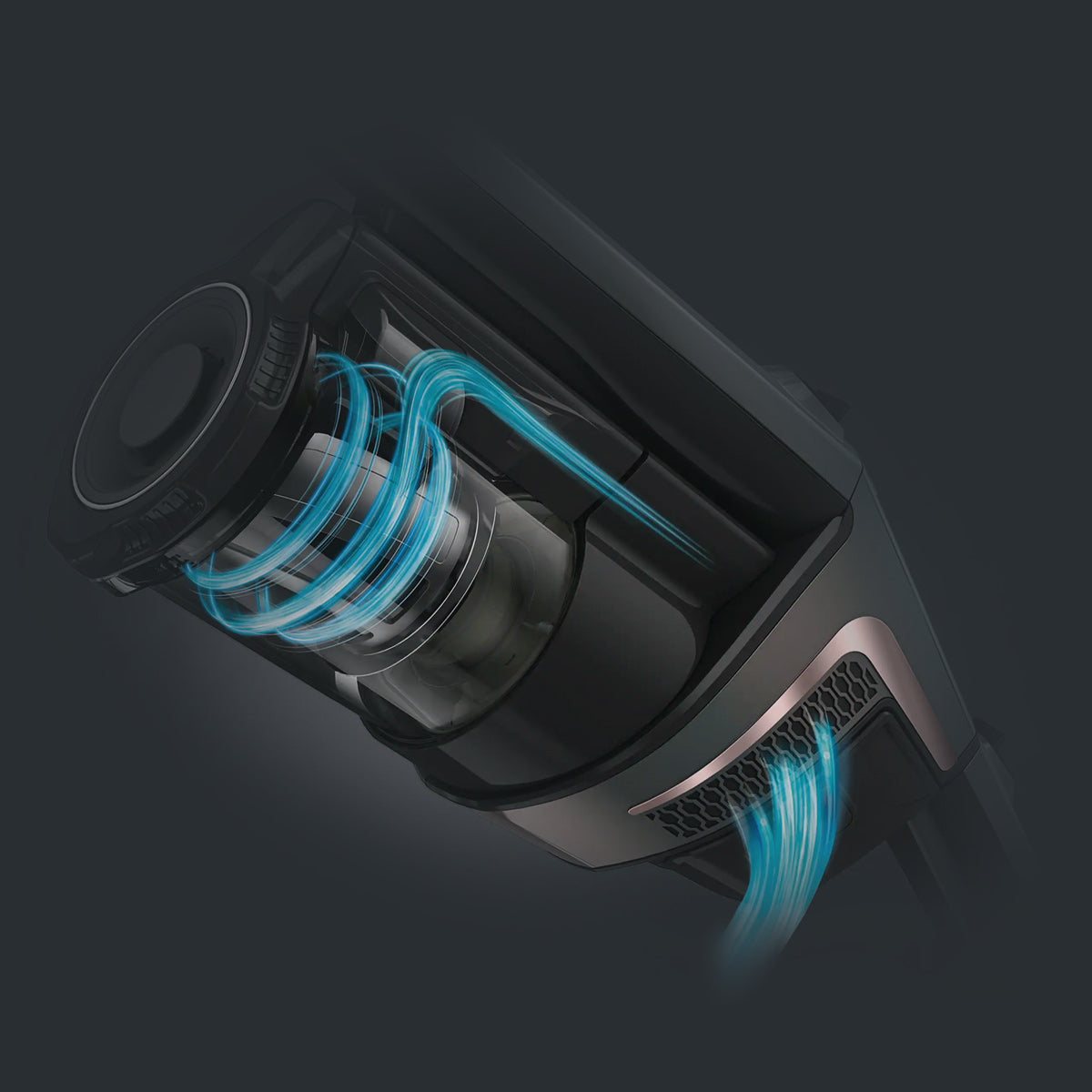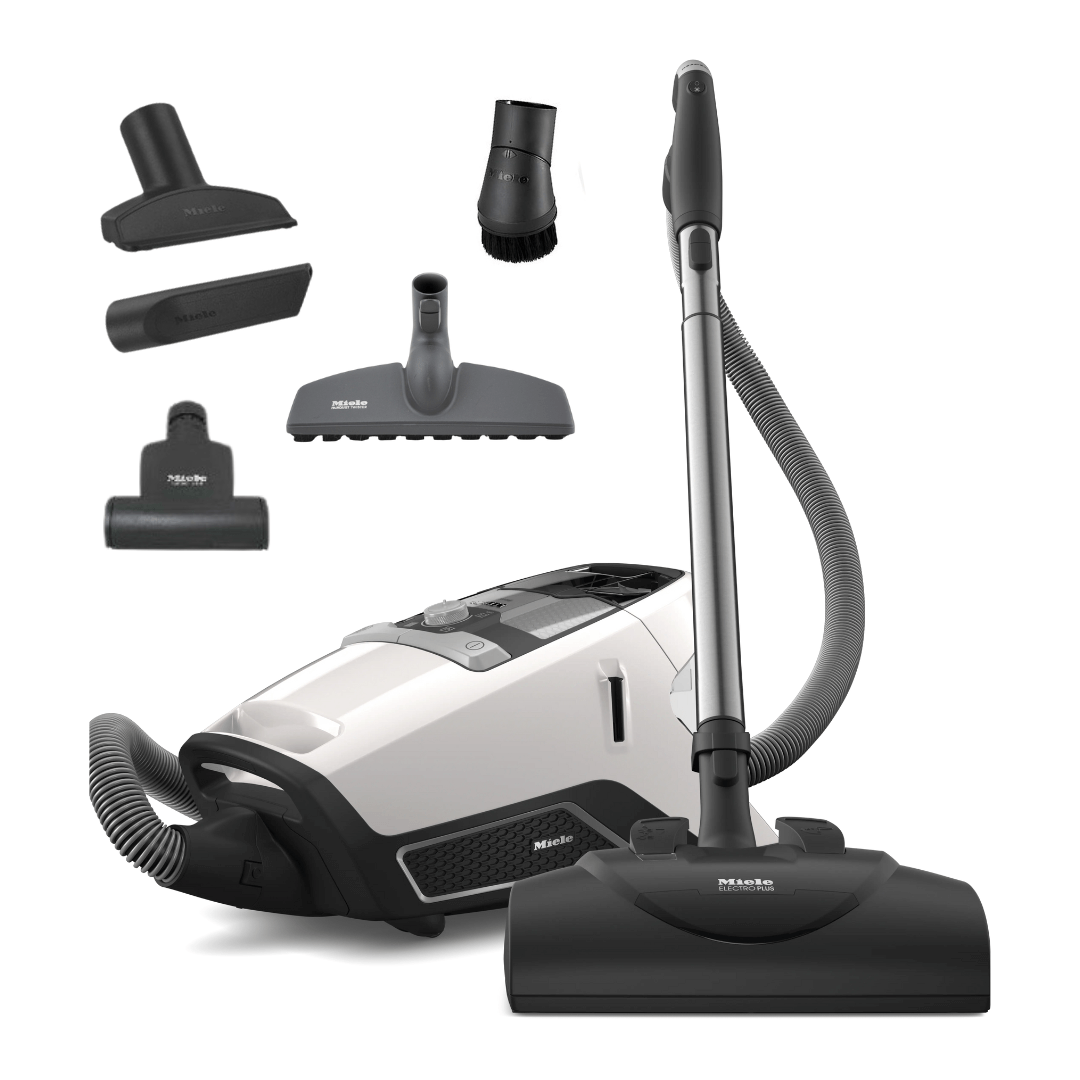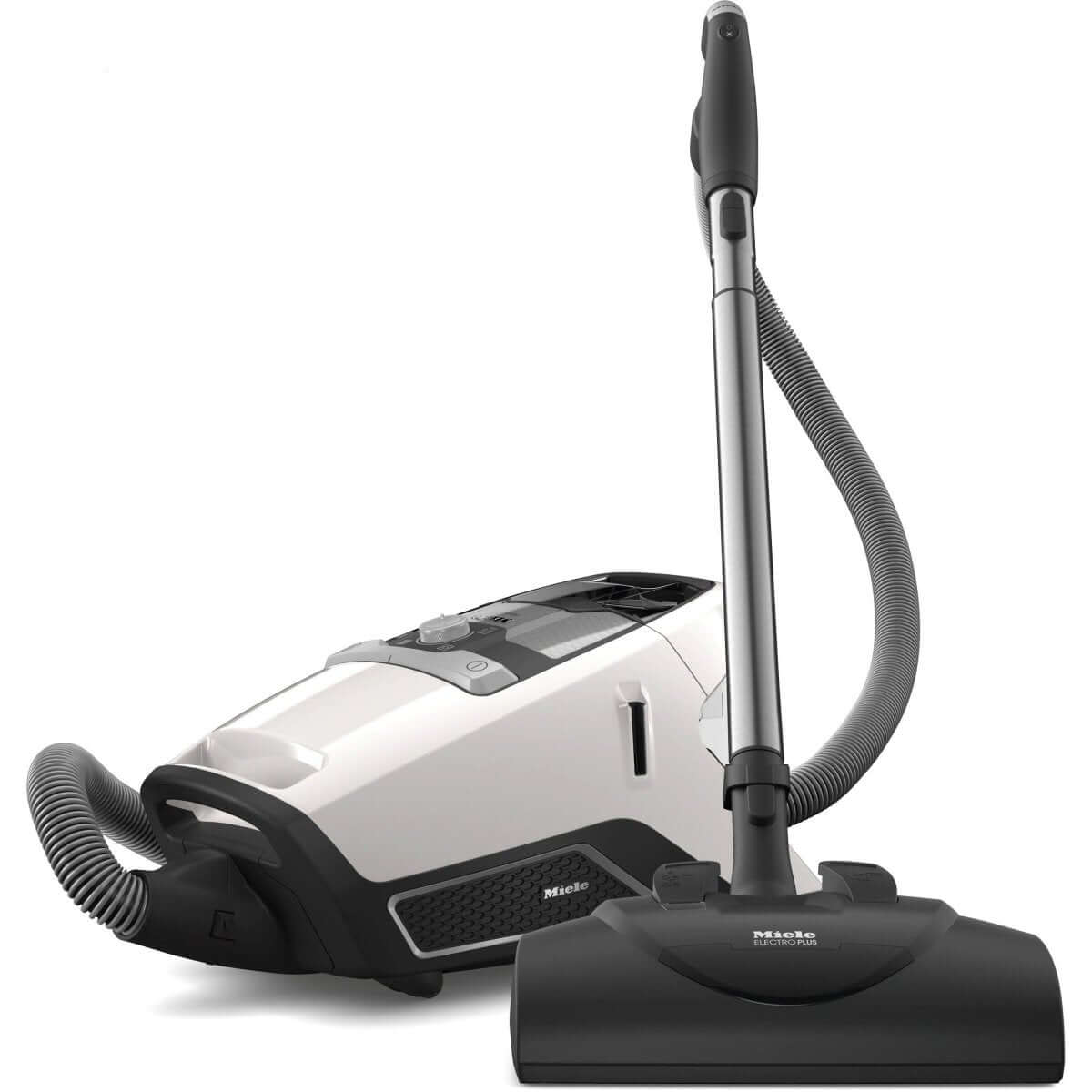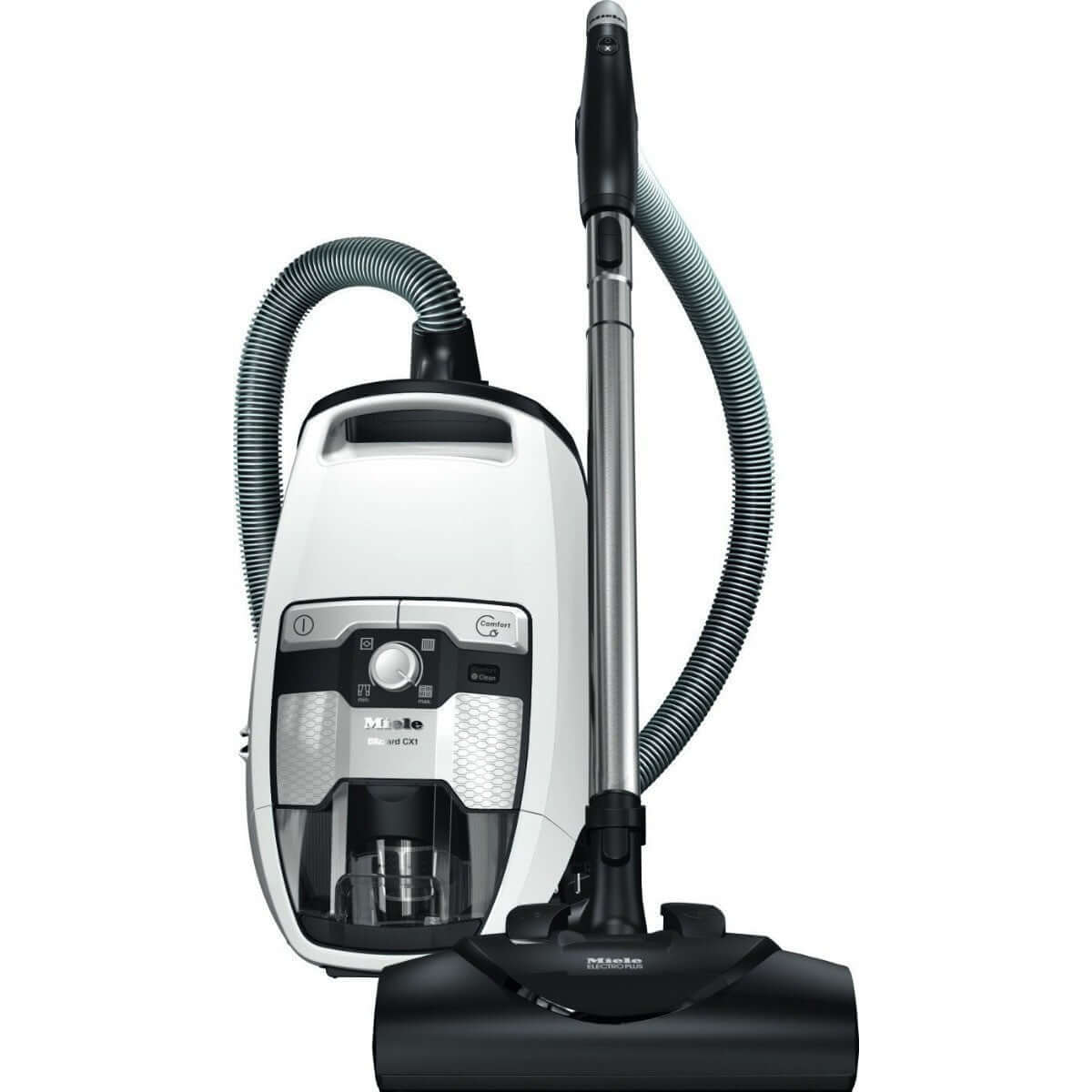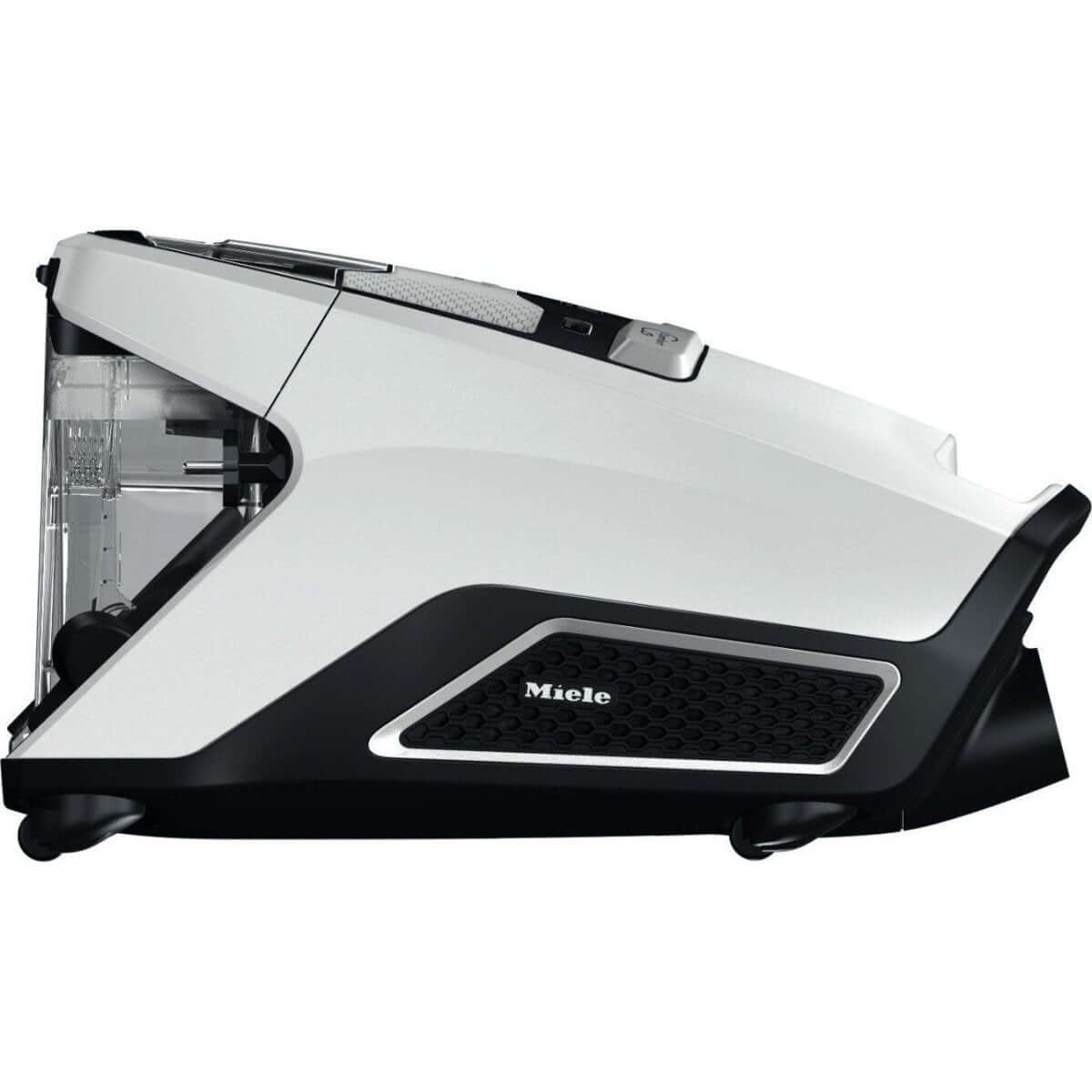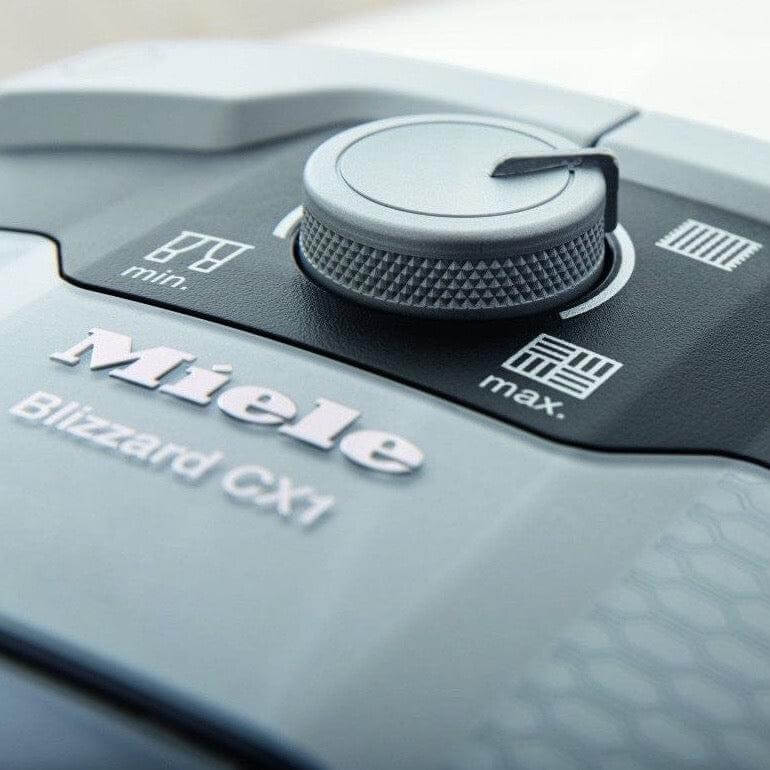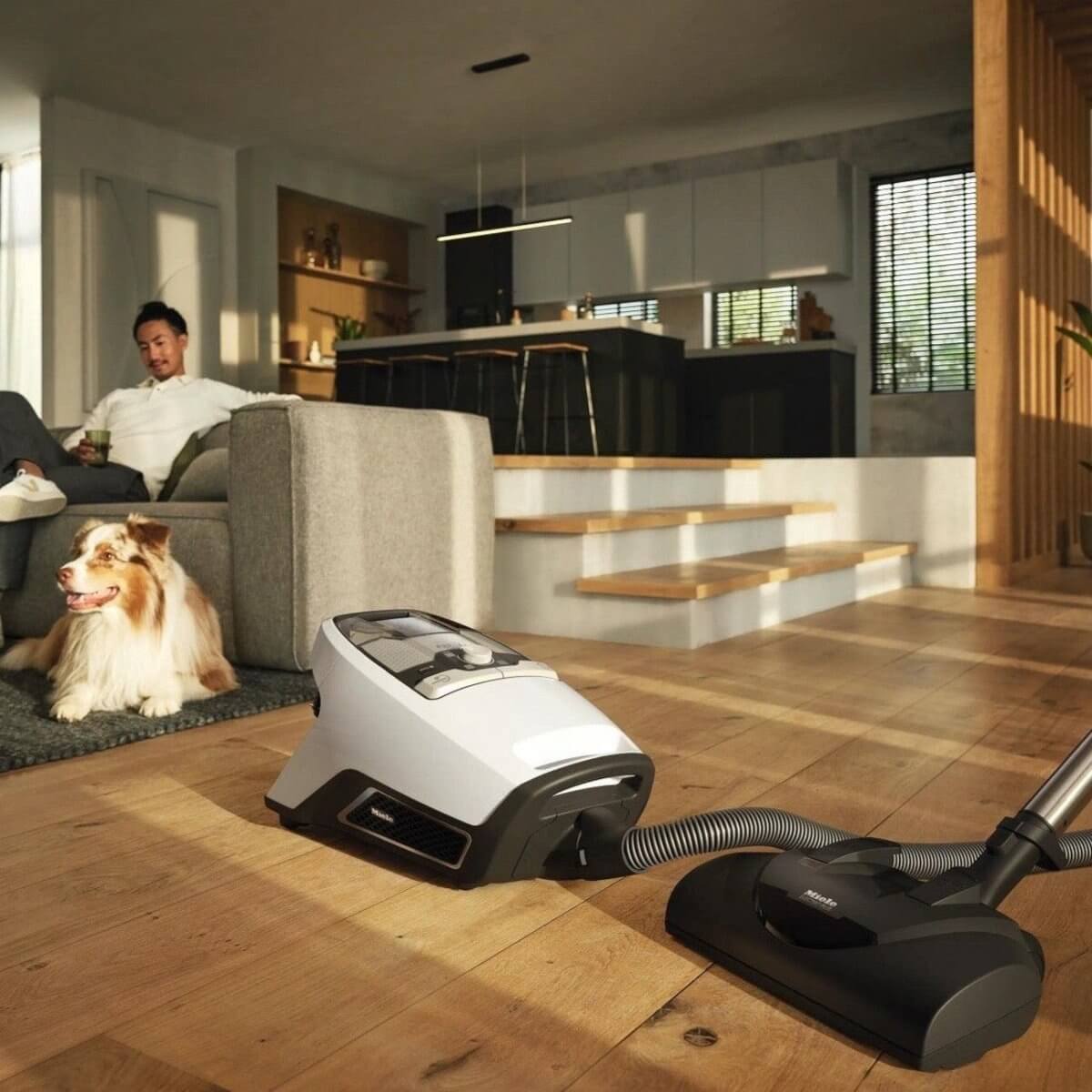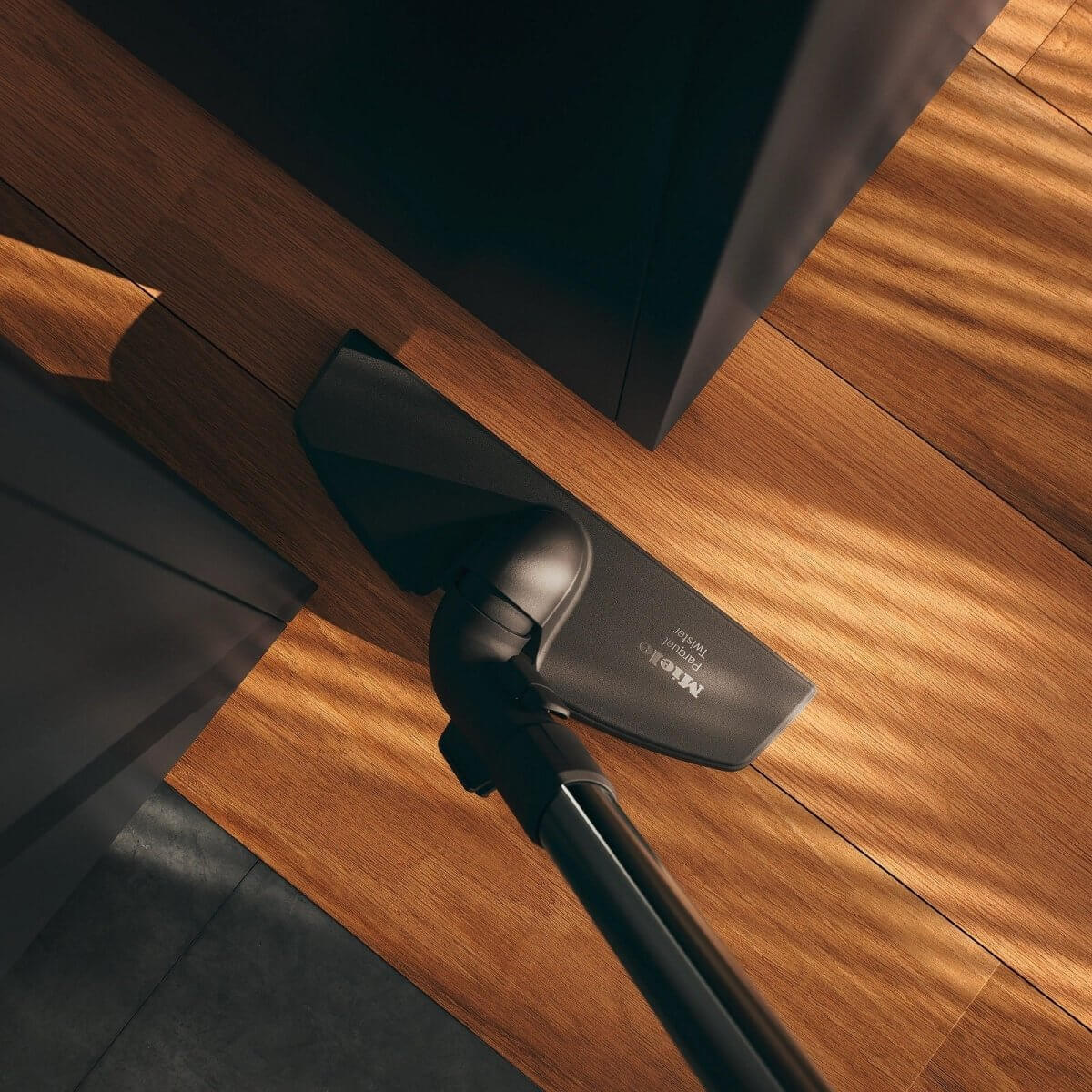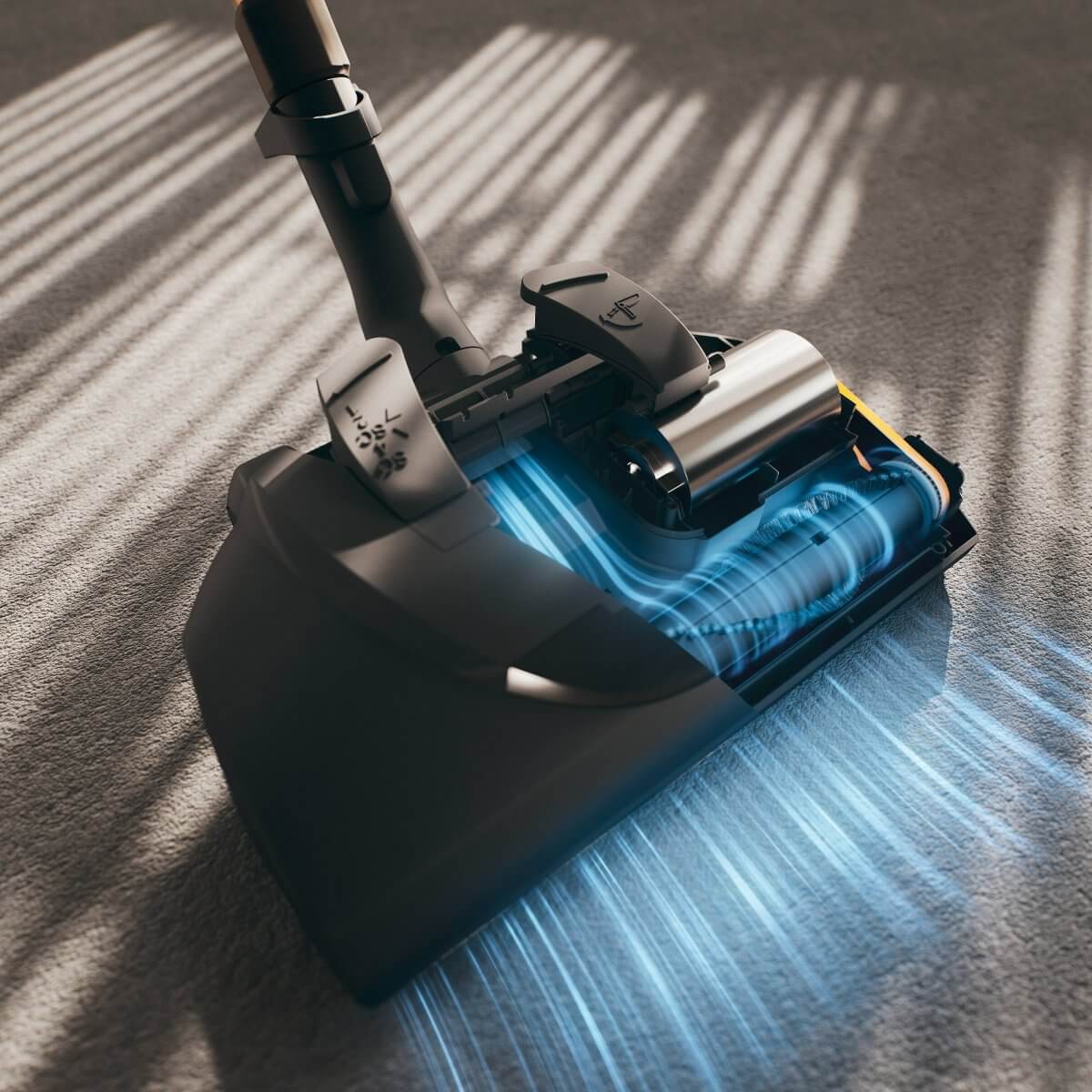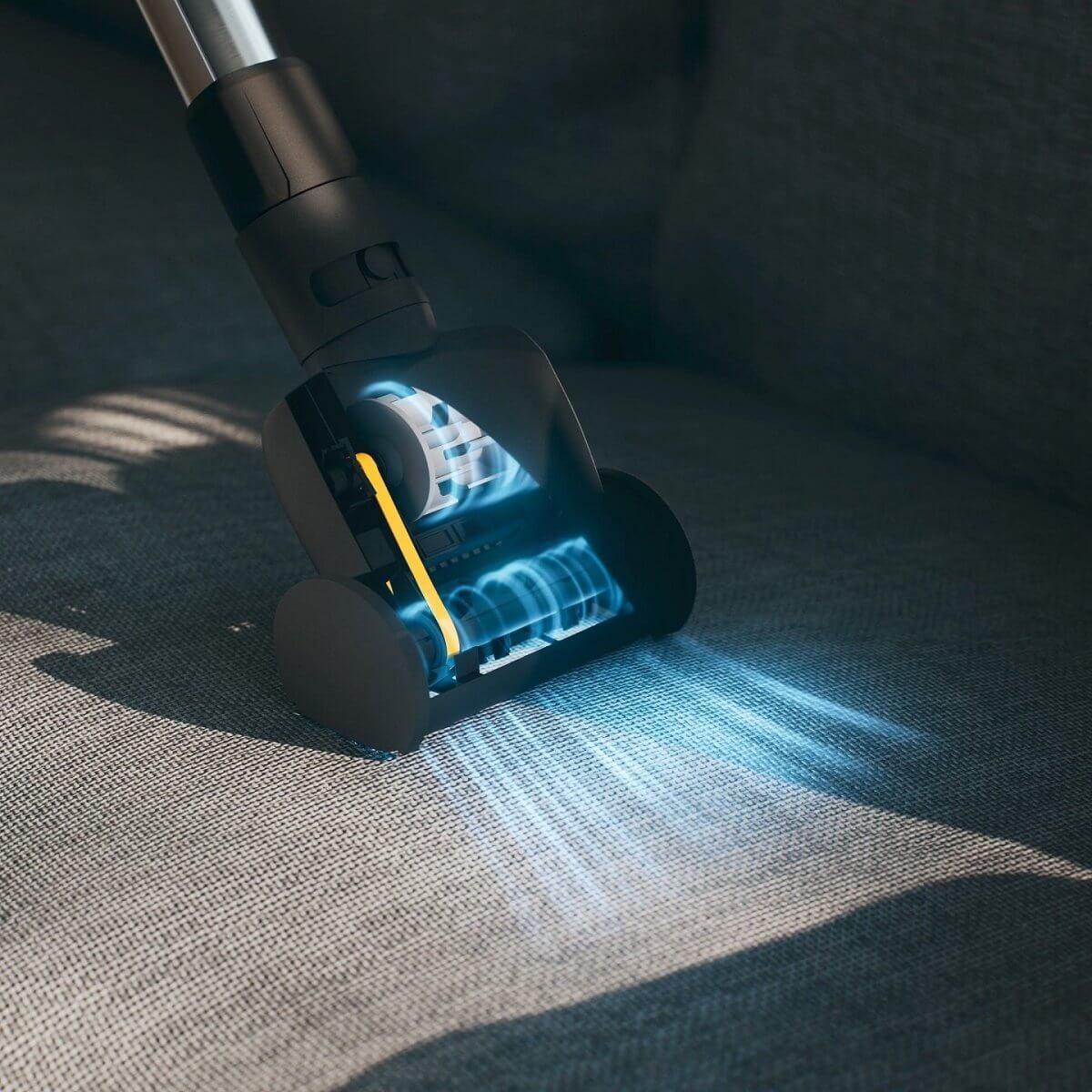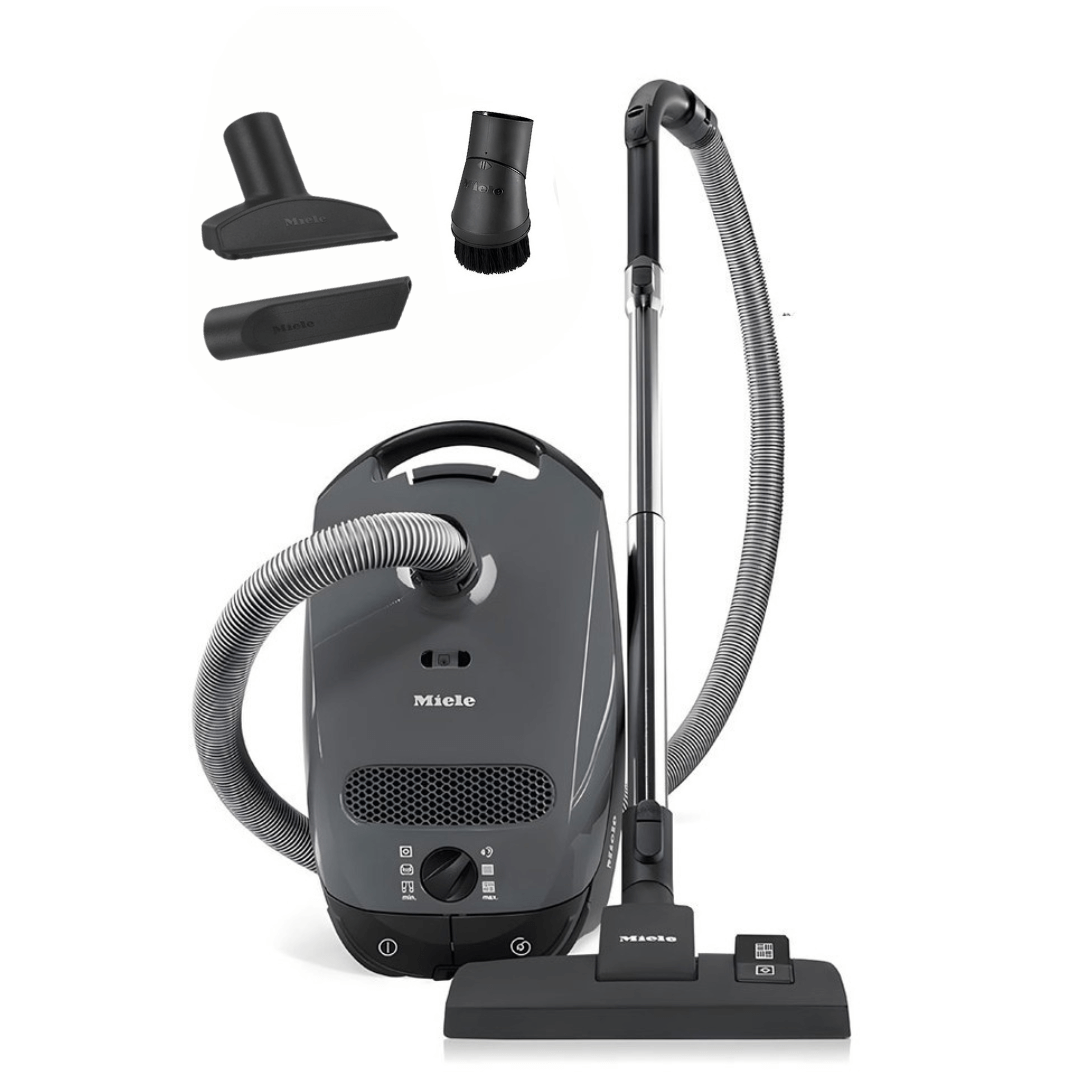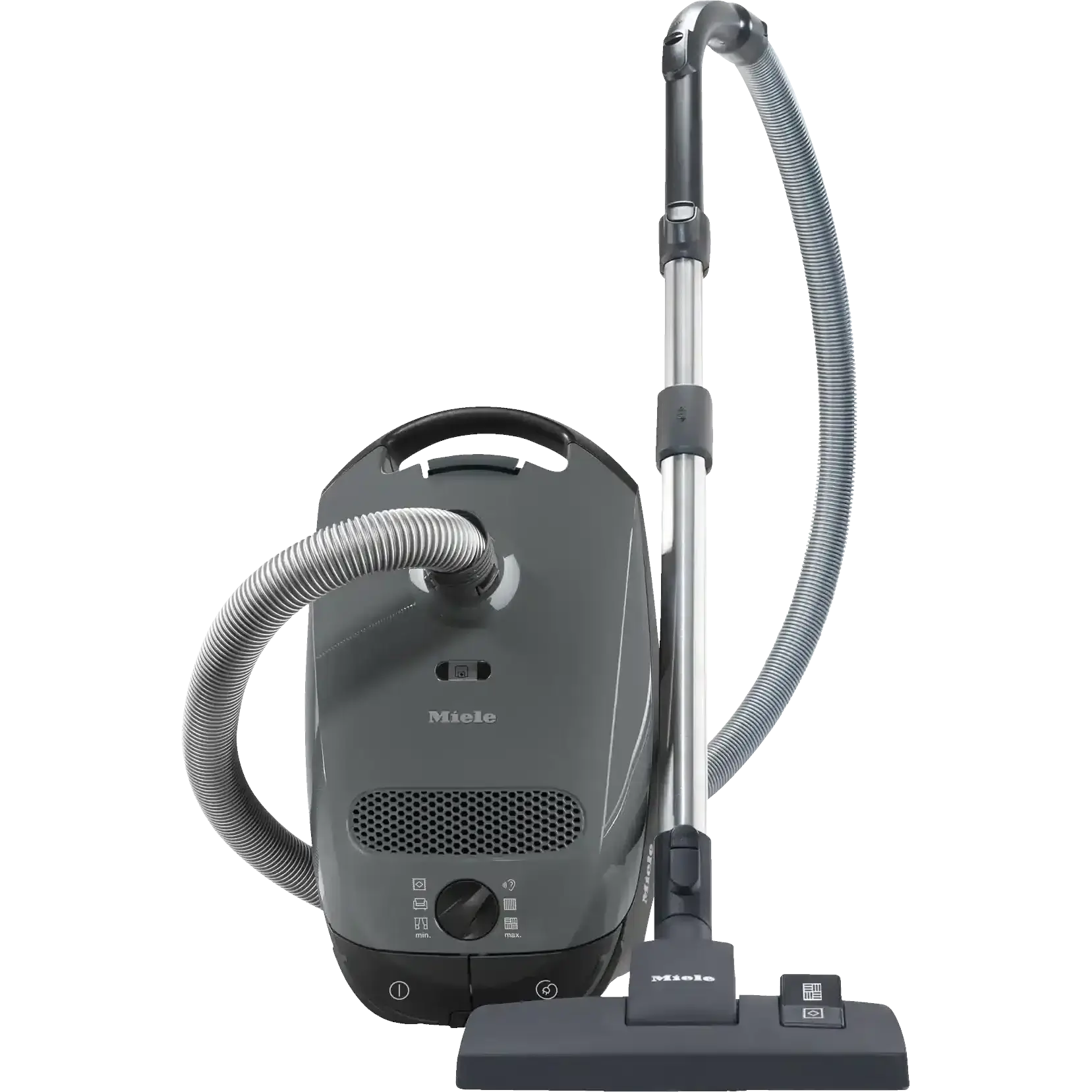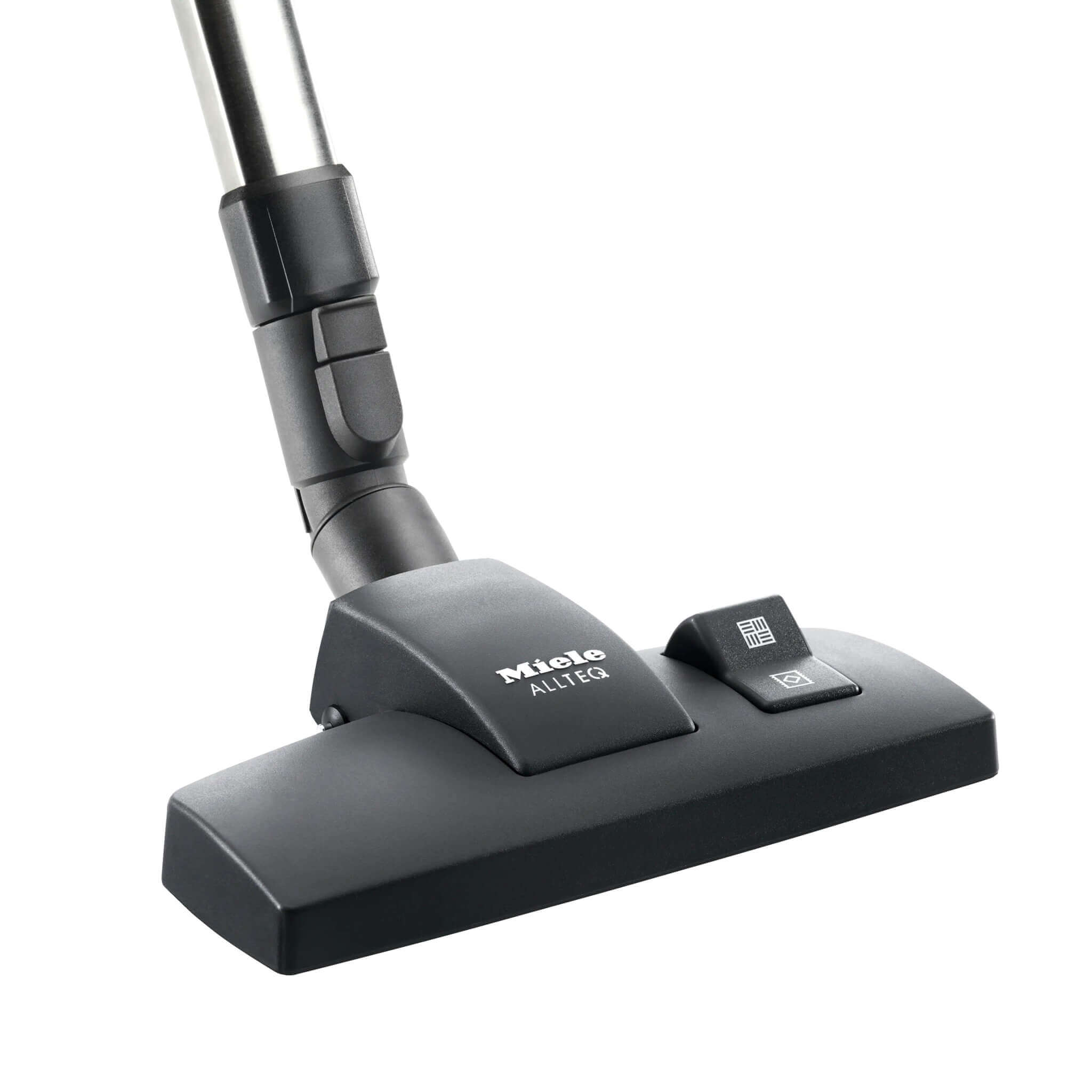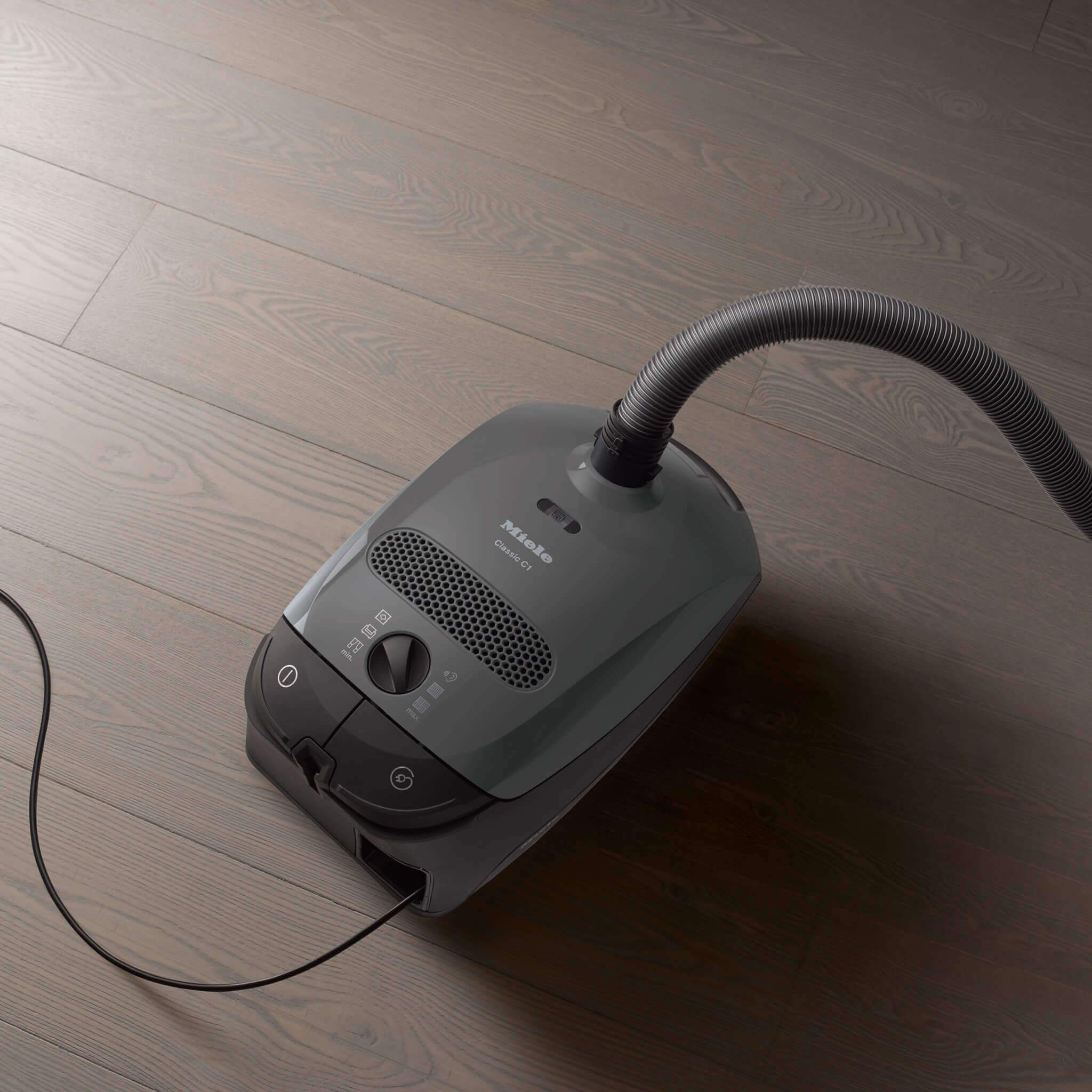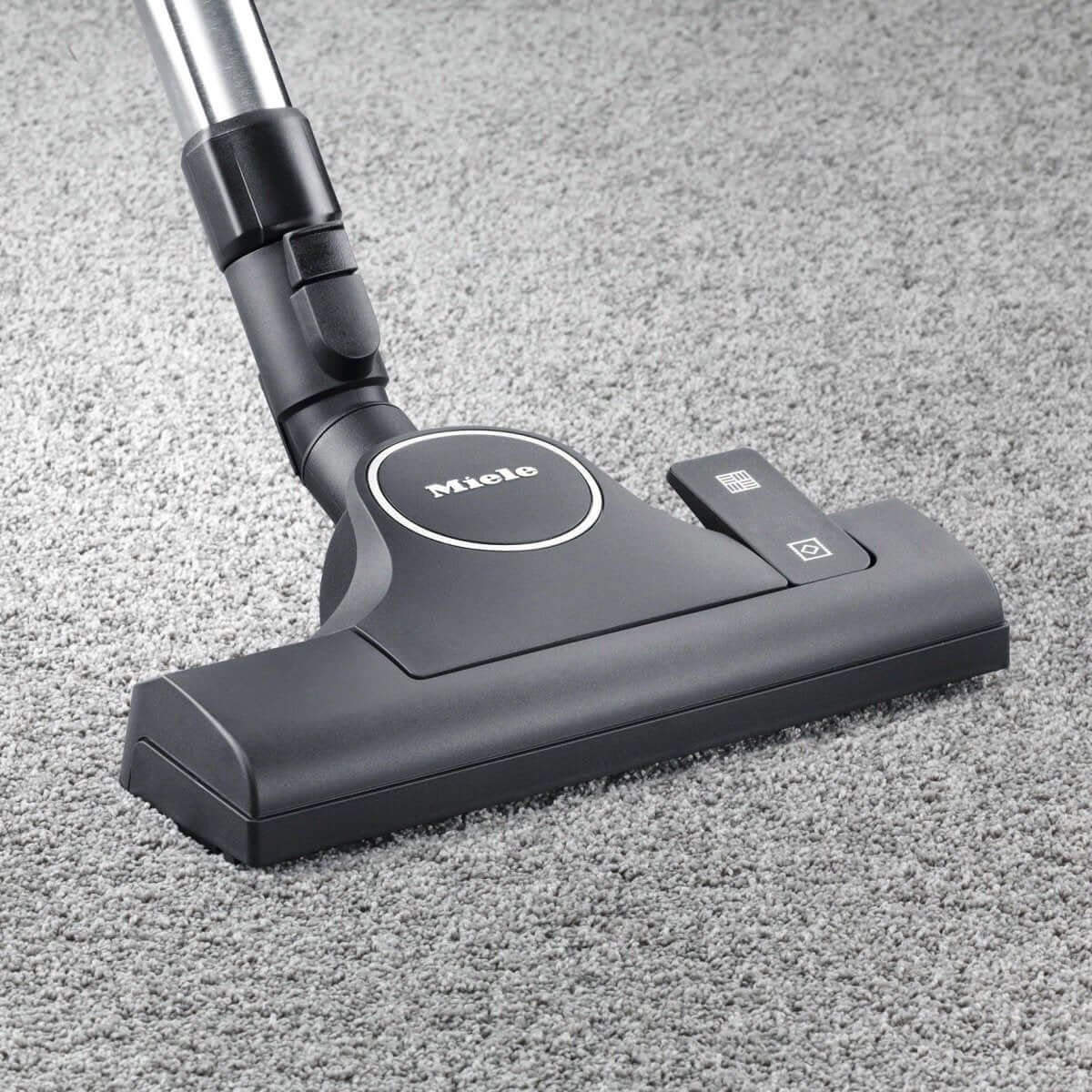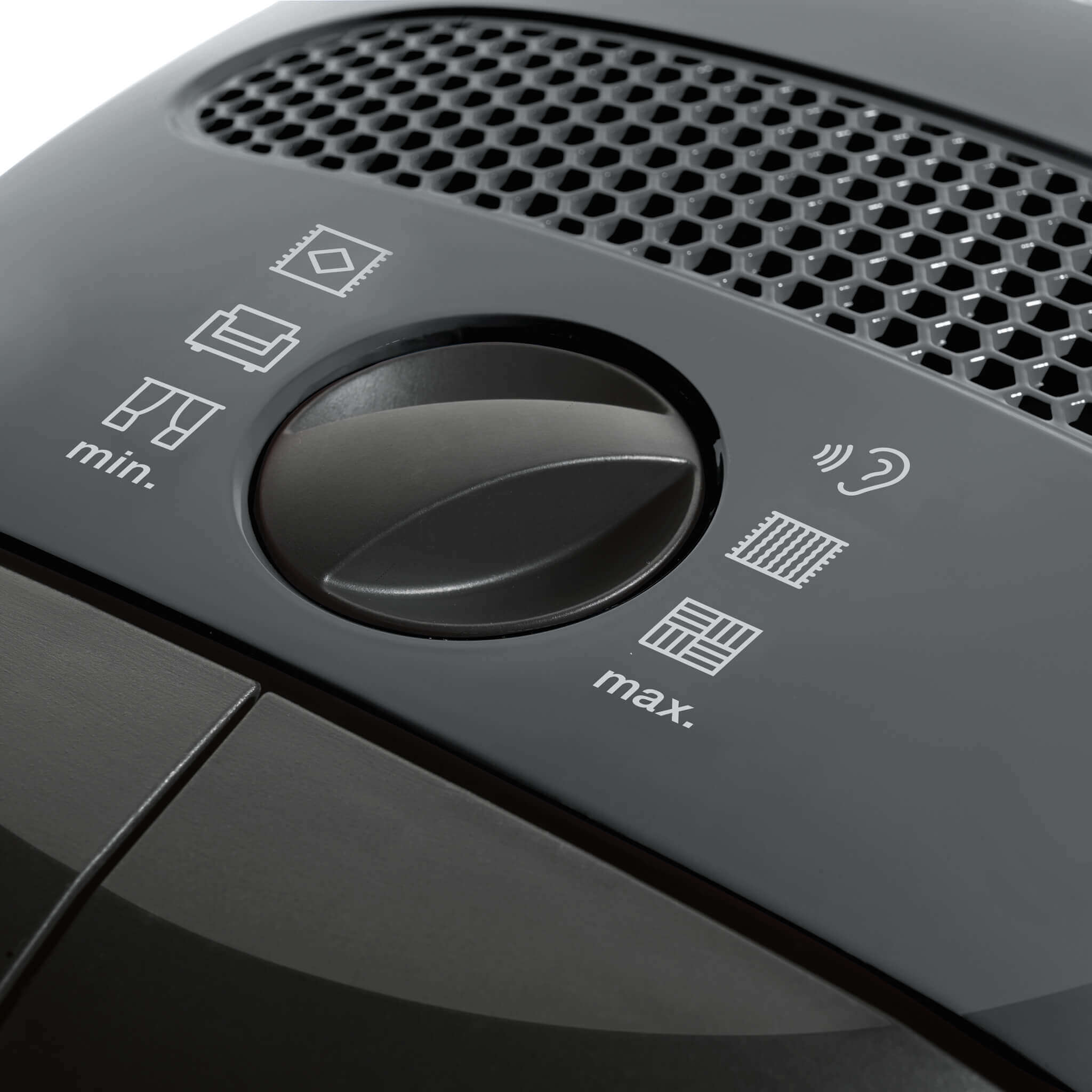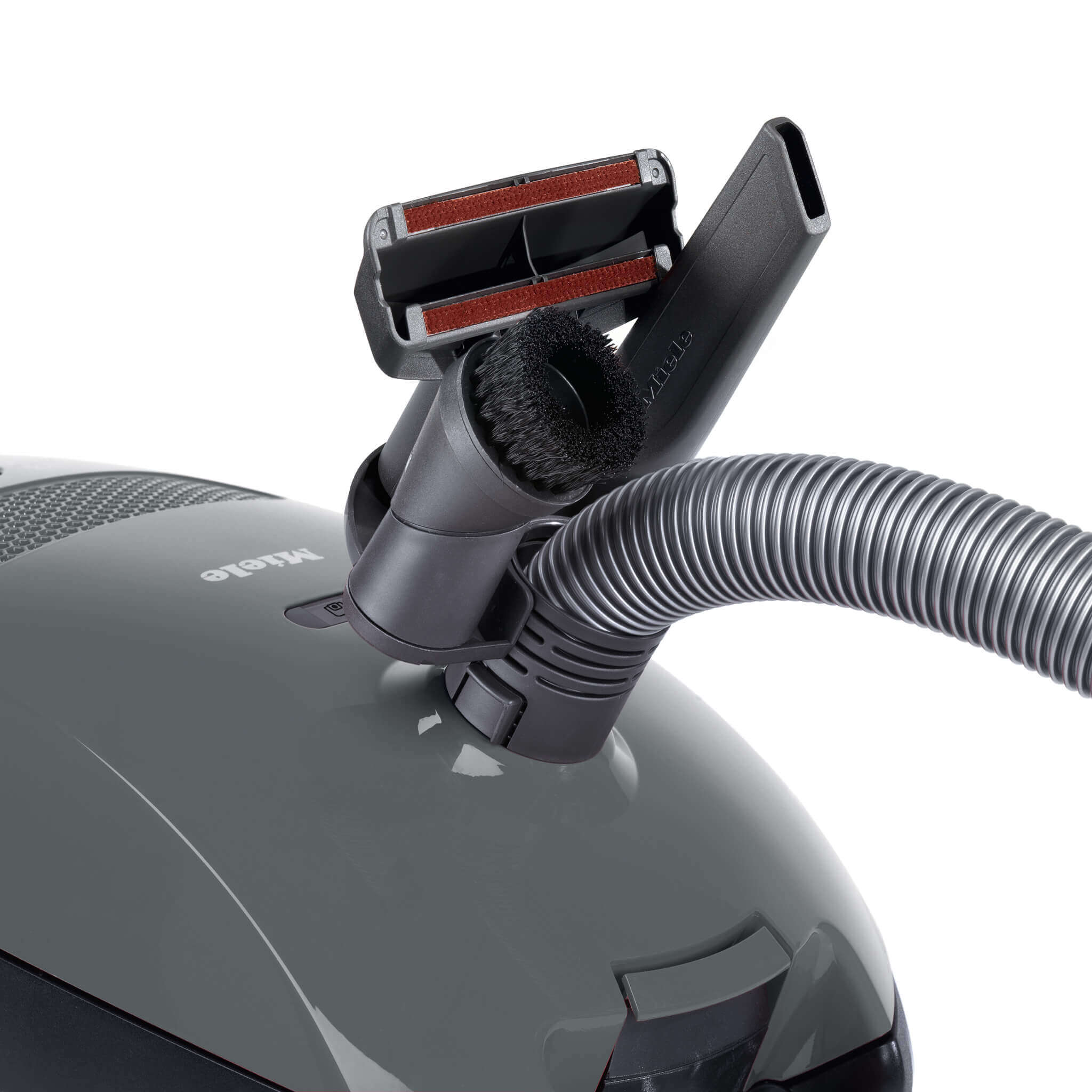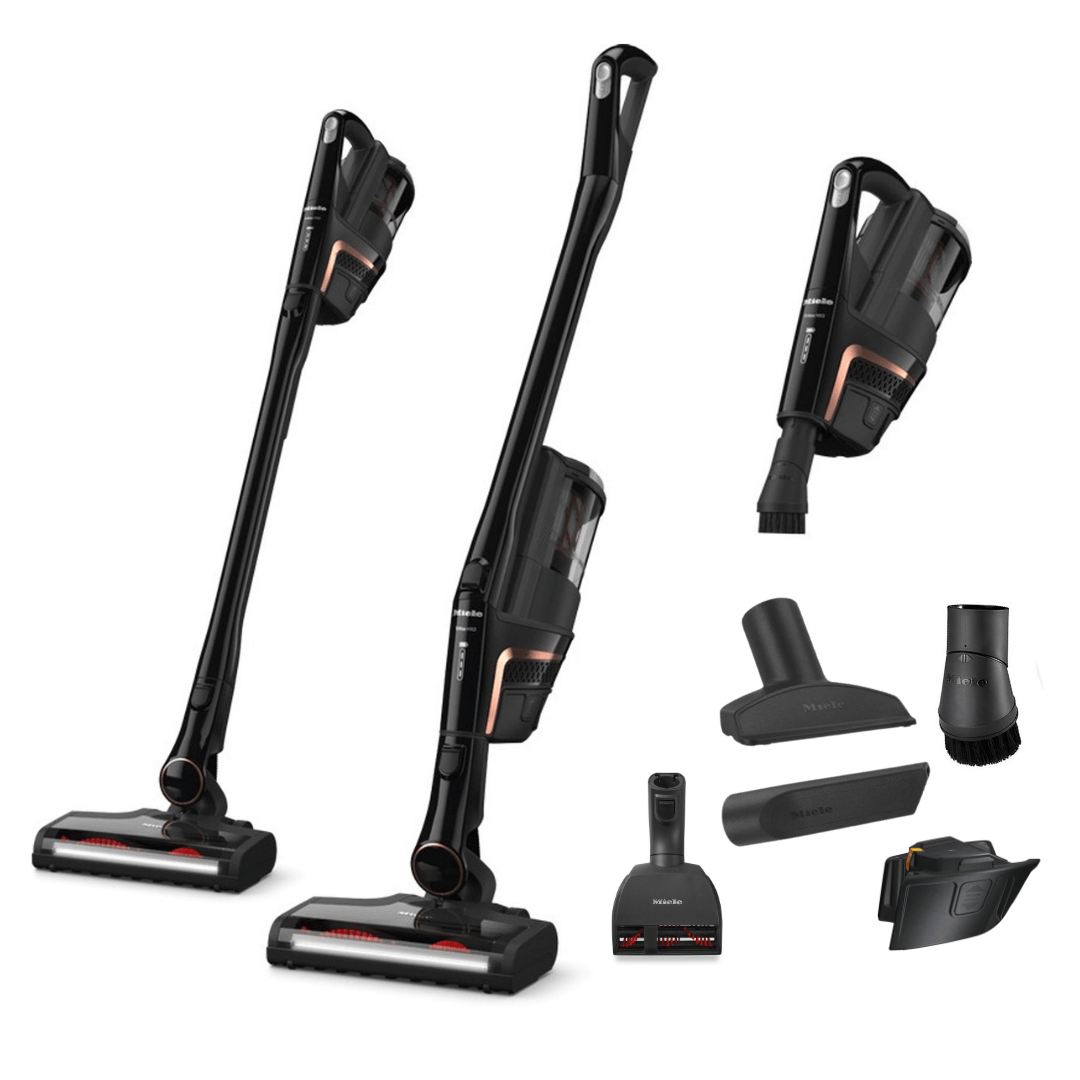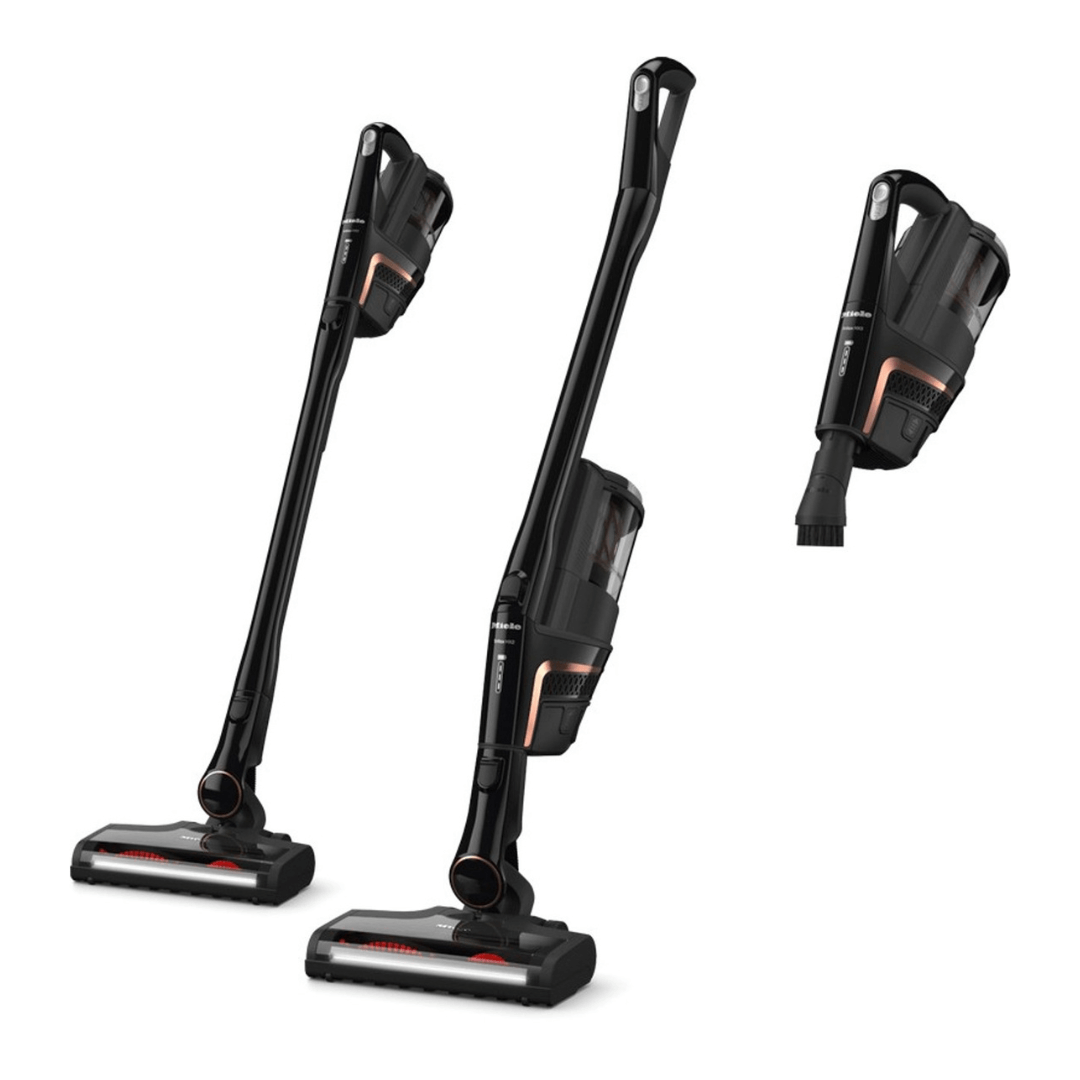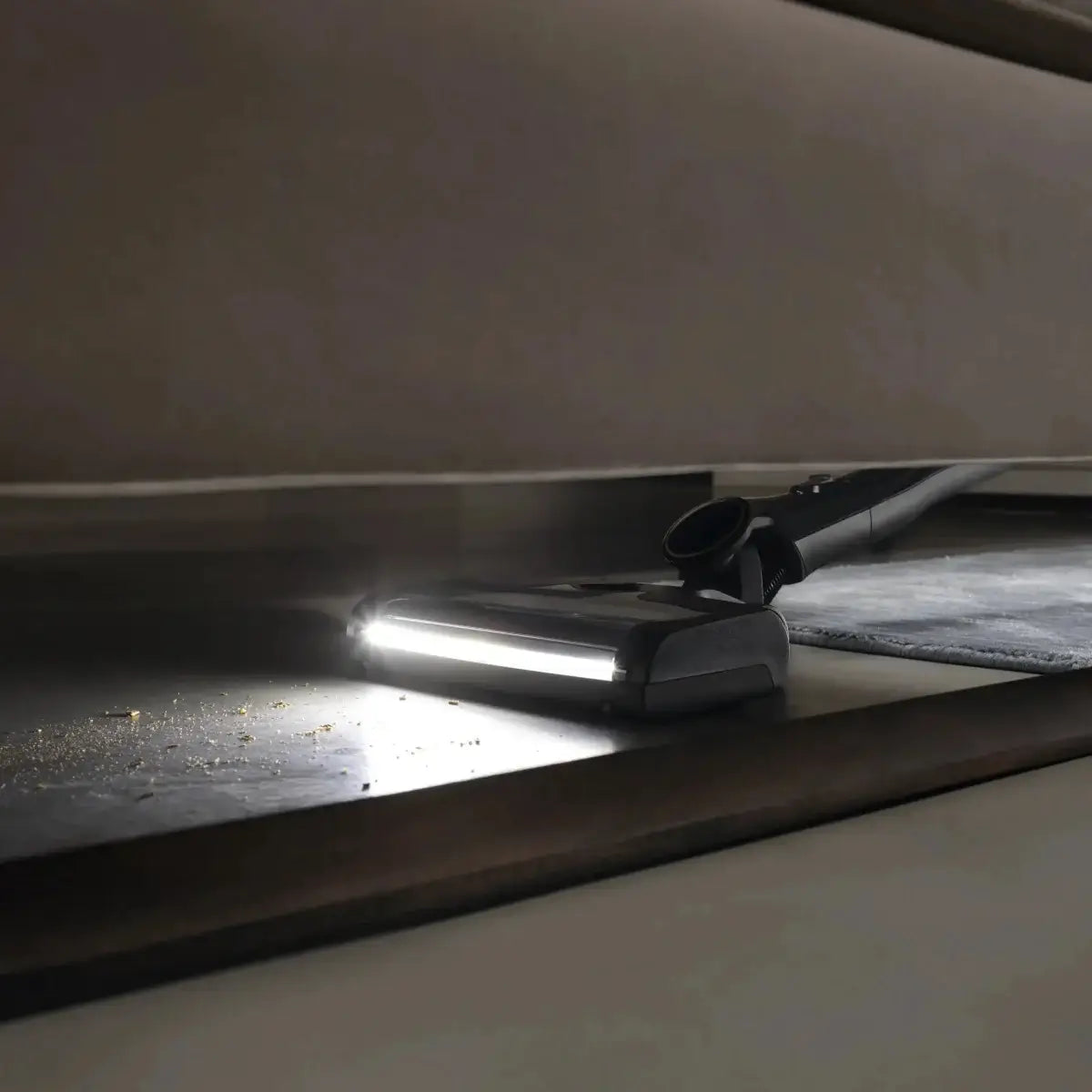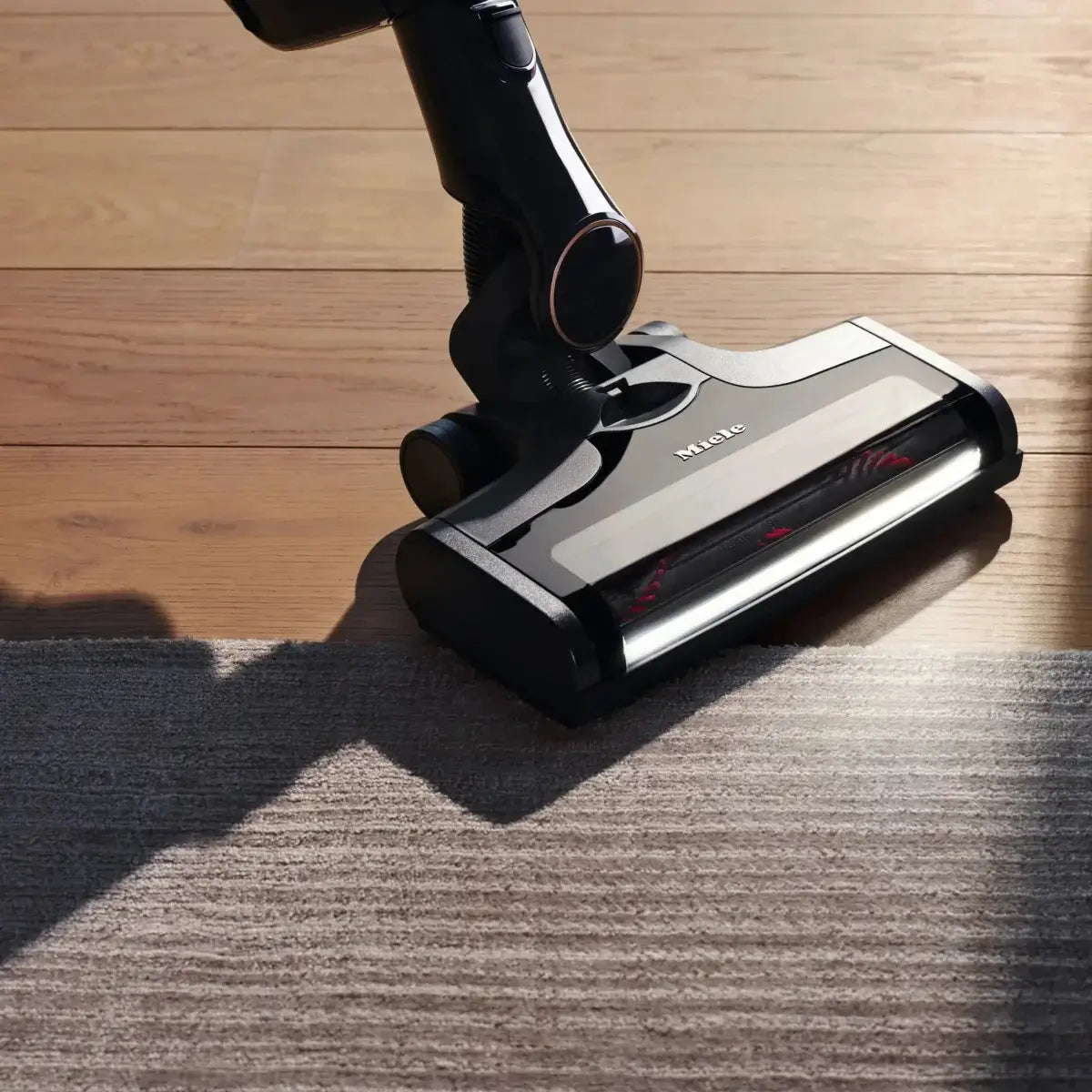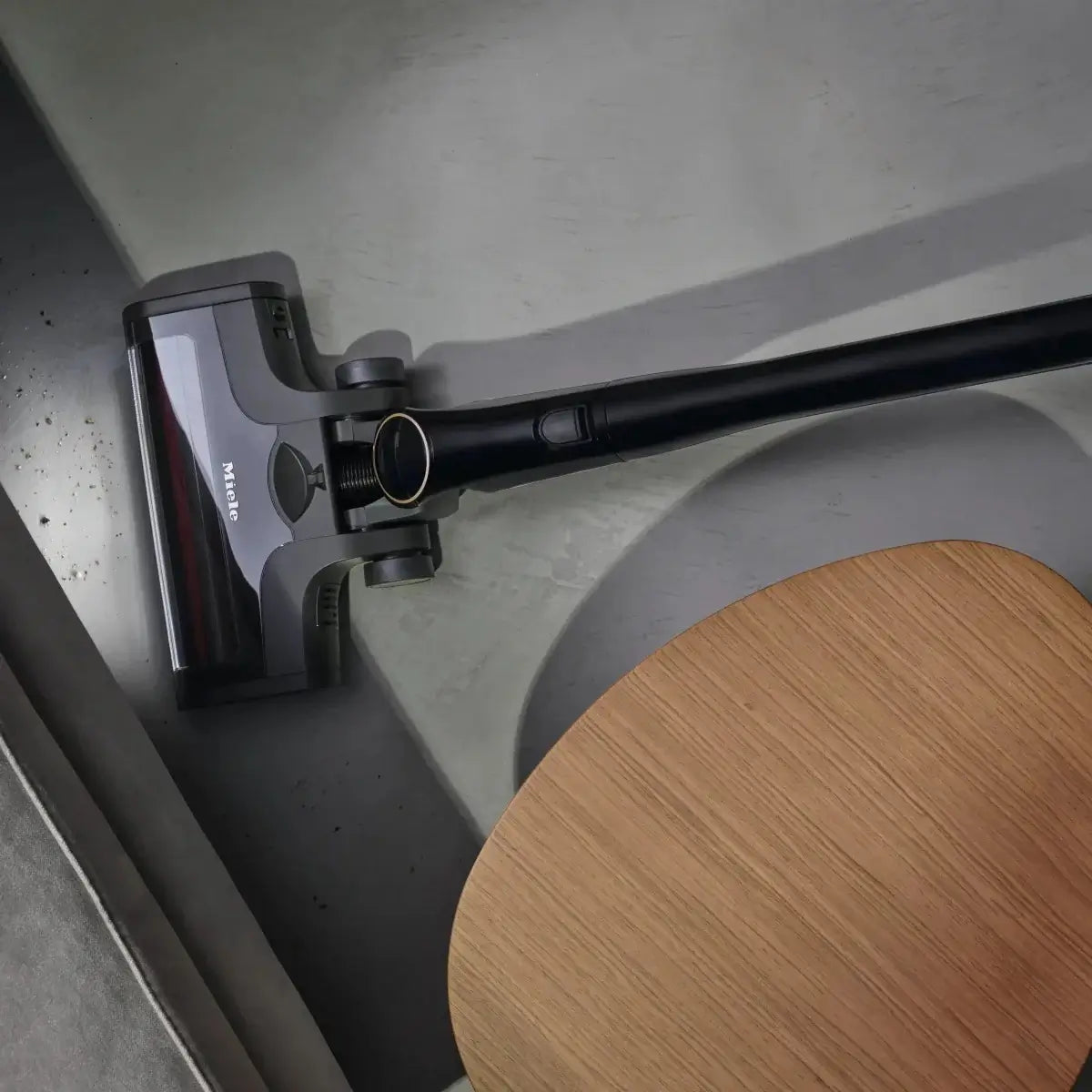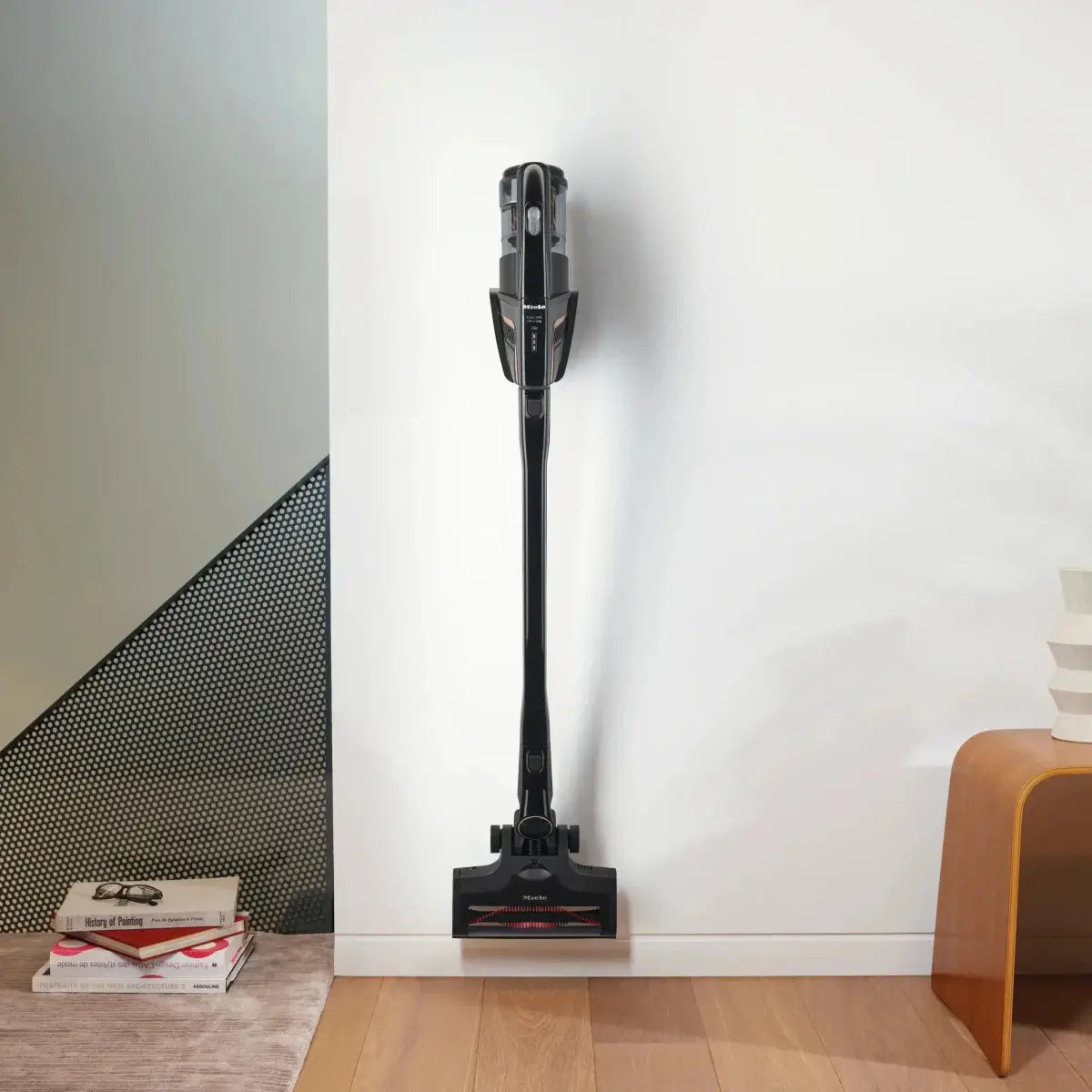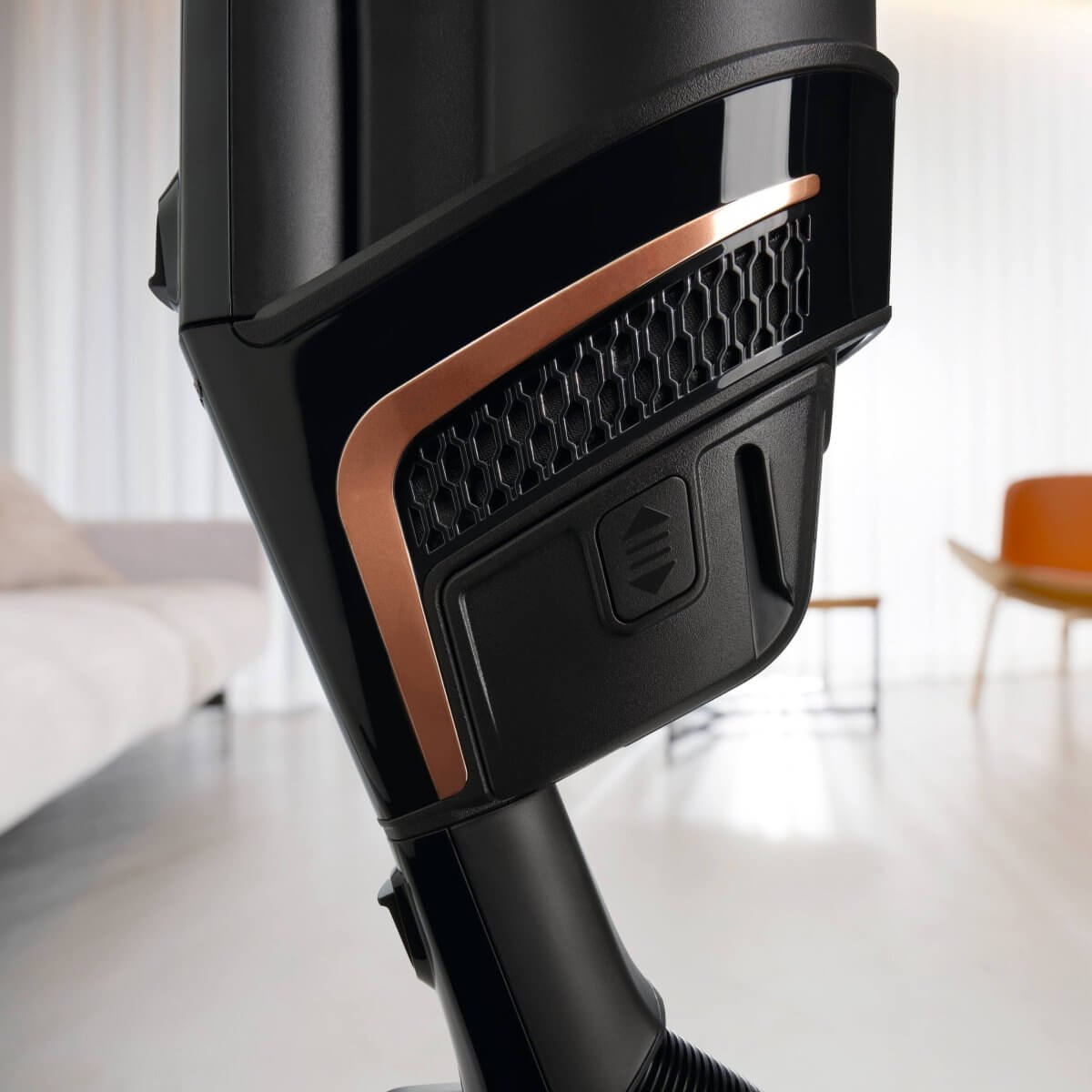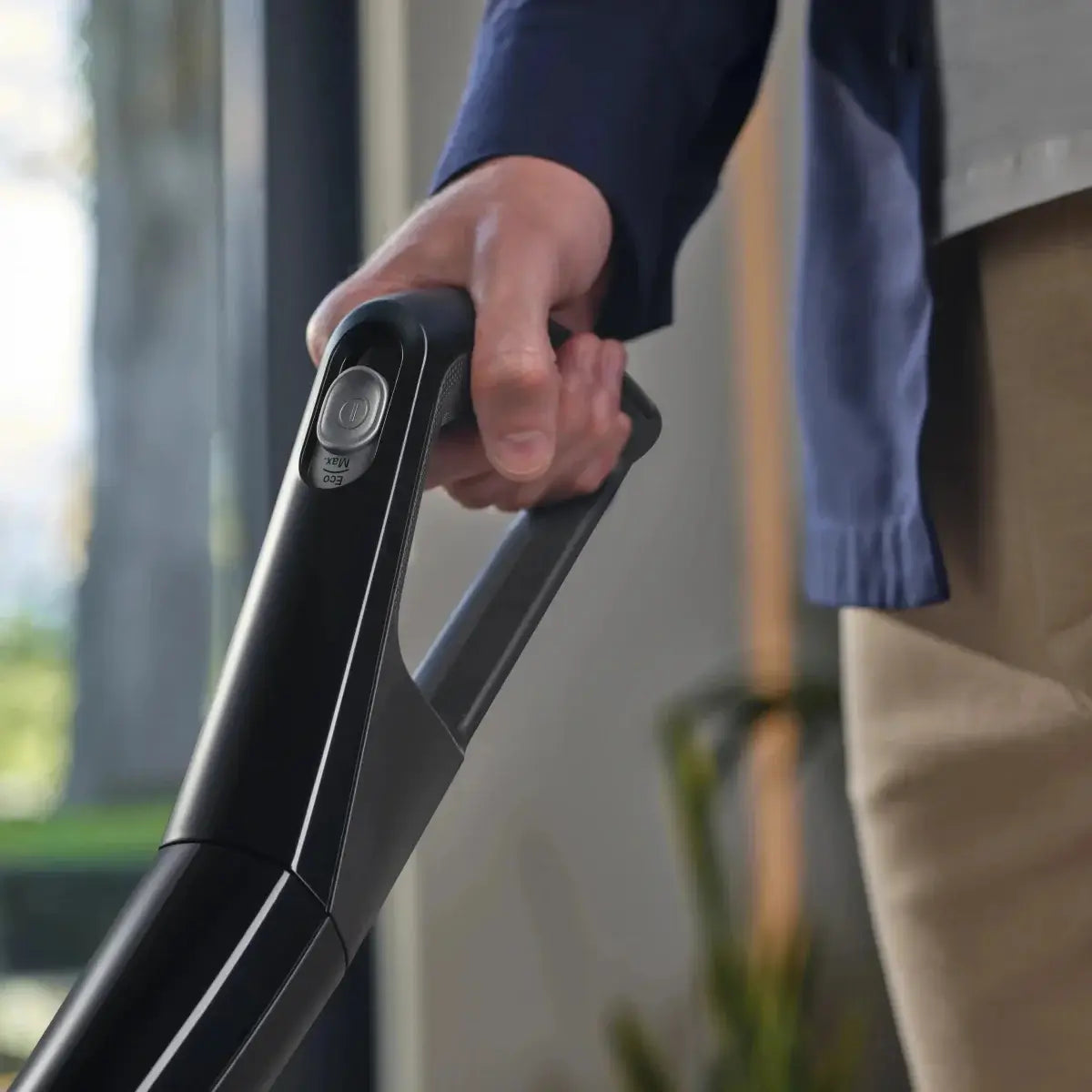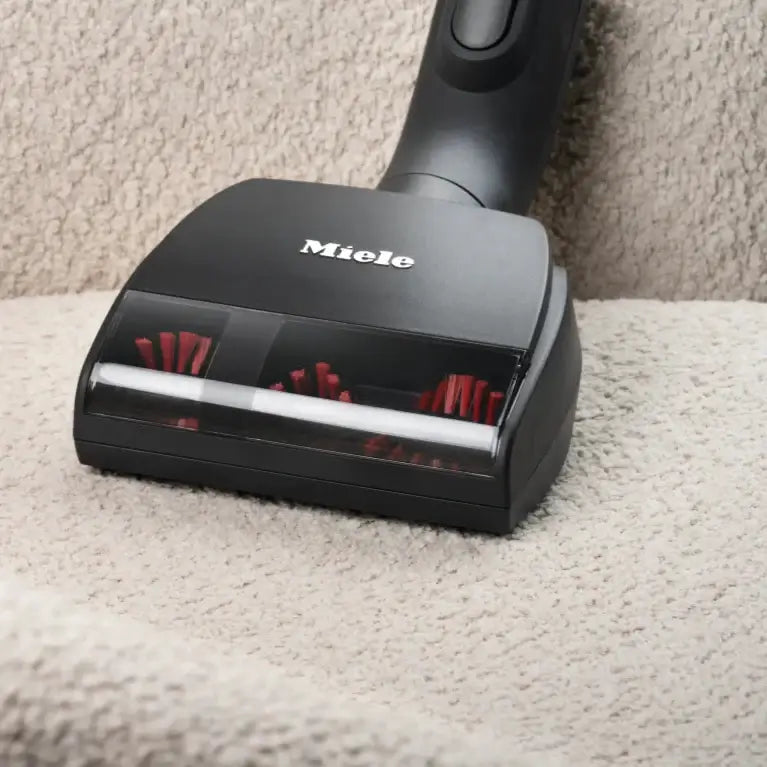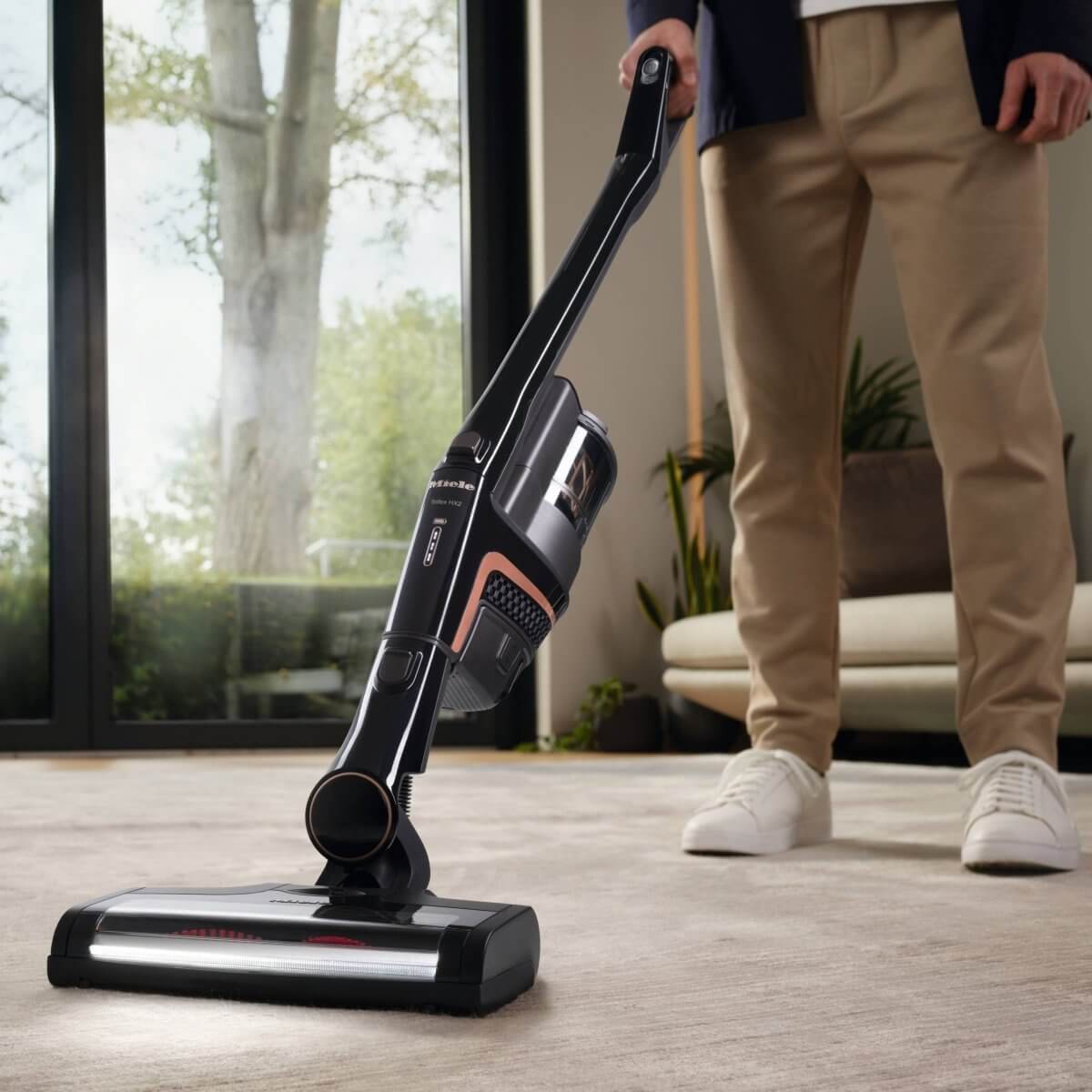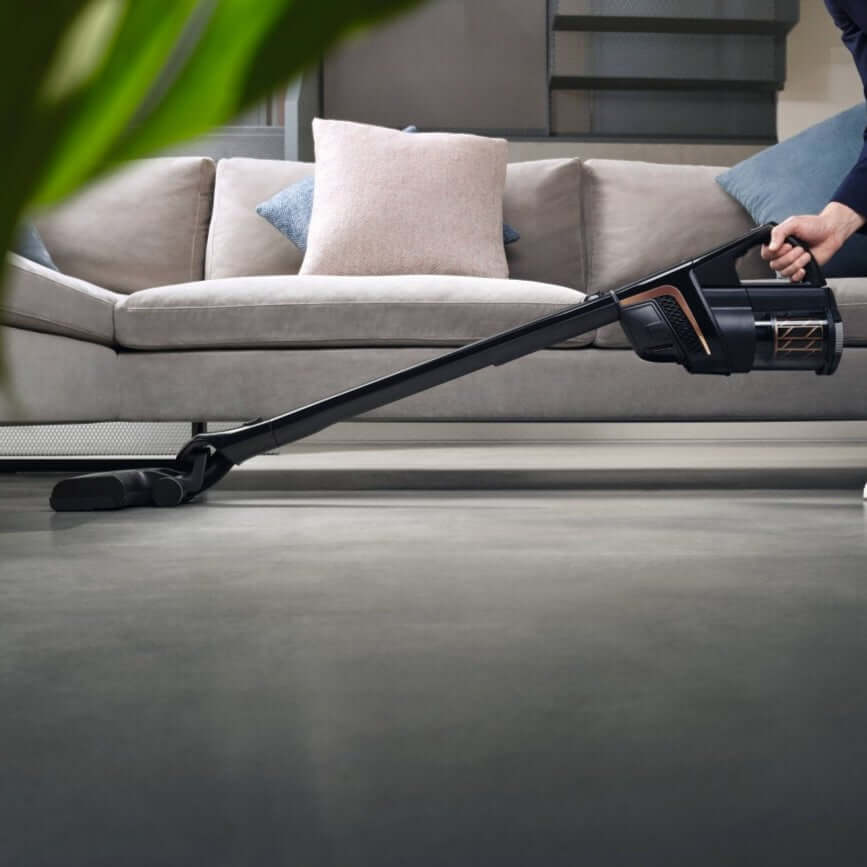Guide to Choosing a HEPA Vacuum Cleaner
A HEPA (High Efficiency Particulate Air) filtration vacuum cleaner is an important tool to minimize the effects of allergens and other indoor air pollutants, whether they aggravate existing conditions or to prevent future health problems. Many Miele vacuum cleaners are chosen for their HEPA filtration. Because HEPA filtration is so desirable, the term HEPA is used to market a wide variety of vacuum cleaners, and it is often applied in a highly misleading way that can make it difficult to choose HEPA filter vacuum cleaners that will provide the levels of filtration you're buying them for in the first place.
The HEPA filtration specification consists of two numbers that designate a very high level of filtration of very fine particles. The first number represents the filtration efficiency as a percentage and the second number is the particle size retained. For HEPA, filtration efficiency must be 99.97% and particles retained must be as small as 0.3 micrometers (formerly microns). The phrase “as small as” is important because it means that if all the particles were 0.3 microns in size, the filter would still capture and retain 99.97% of them (usually referred to as “filtration efficiency”). The term “down to 0.3 micrometers in size” does not refer to the same filtration performance, as it may refer to a mixture of particle sizes for the stated efficiency.
The ability to filter very small particles is a very important specification because small particles can easily reach the deepest recesses of the lungs and, according to the U.S. EPA, may cause a wide range of extremely negative health effects, such as aggravated asthma, acute respiratory symptoms including aggravated coughing and painful or difficult breathing, eye, nose, and throat irritation, respiratory infections and chronic bronchitis, decreased lung function, shortness of breath and lung cancer.
And for allergy sufferers, one of the most potent allergens, which is thought to be responsible for a significant percentage of allergies worldwide, is found in dust mite feces, which are generally 10 to 24 micrometers in size and even smaller when disturbed. To give you some idea of how small these fine particles are, a human hair is approximately 100 micrometers thick. HEPA filtration is designed to capture 99.97% of particles one-third of one micrometer in size.
HEPA filtration is an important and valuable feature to have as part of your vacuum cleaner. So how can you be sure that you are getting true HEPA filtration? Let's start with certified HEPA filters.
Understanding HEPA Filtration Specifications
HEPA filtration specifications entail two critical numbers defining a high level of filtration for fine particles. The first number denotes filtration efficiency as a percentage, while the second indicates the size of particles retained. In the case of HEPA, filtration efficiency must reach 99.97%, capturing particles as small as 0.3 micrometers.
The phrase "as small as" is significant, signifying that the filter would retain 99.97% of particles, even if they were all 0.3 micrometers in size. Conversely, "down to 0.3 micrometers in size" may not ensure the same filtration performance, potentially referring to a mix of particle sizes for the stated efficiency.
HEPA filtration's ability to capture tiny particles is crucial as these particles can penetrate deep into the lungs, potentially leading to severe health issues according to the U.S. EPA, including aggravated asthma, respiratory infections, and even lung cancer. For allergy sufferers, dust mite feces, a potent allergen, pose a significant concern, despite their small size.
Certifying the Entire System
Ensuring proper airflow through the filter system is essential to prevent small particles from bypassing the filtration process during vacuum operation. Therefore, a vacuum cleaner's sealing integrity is paramount to prevent air leakage before filtration.
Some manufacturers not only use HEPA filters certified under standards like EN 1822 but also certify the entire vacuum cleaner, providing assurance that all air passing through the unit undergoes HEPA filtration.
To safeguard your health, especially in households with individuals susceptible to respiratory issues, certified HEPA vacuum cleaners offer the utmost assurance of HEPA filtration. While some vacuum cleaners may not certify the entire machine, prioritizing models with certified HEPA filtration ensures a higher standard of filtration efficiency.
Beware of Misleading Claims
The vacuum cleaner industry often employs misleading tactics regarding HEPA claims. Some manufacturers make bold statements about allergen trapping without disclosing filtration efficiency or particle size, relying on uninformed consumers to make purchasing decisions.
When considering vacuum cleaners with advanced filtration below HEPA standards, prioritize models providing specific efficiency and particle size ratings alongside a well-sealed housing for informed decision-making.



